|
Libby's pumpkin pie is the iconic recipe that graces many American tables for Thanksgiving each year. Although pumpkin pie goes way back in American history (see my take on Lydia Maria Child's 1832 recipe), canned pumpkin does not. Libby's is perhaps most famous these days for their canned pumpkin, but they started out making canned corned beef in the 1870s (under the name Libby, McNeill, & Libby), using the spare cuts of Chicago's meatpacking district and a distinctive trapezoidal can. They quickly expanded into over a hundred different varieties of canned goods, including, in 1899, canned plum pudding. Although it's not clear exactly when they started canning pumpkin (a 1915 reference lists canned squash as part of their lineup), in 1929 they purchased the Dickinson family canning company, including their famous Dickinson squash, which Libby's still uses exclusively today. In the 1950s, Libby's started printing their famous pumpkin pie recipe on the label of their canned pumpkin. Although it is the recipe that Americans have come to know and love, it's not, in fact, the original recipe. Nor is a 1929 recipe the original. The original Libby's pumpkin pie recipe was much, much earlier. In fact, it may have even predated Libby's canned pumpkin. In 1912, in time for the holiday season, Libby's began publishing full-page ads using their pumpkin pie recipe in several national magazines, including Cosmopolitan, The Century Illustrated, and Sunset. But the key Libby's ingredient wasn't pumpkin at all - it was evaporated milk. Sweetened condensed milk had been invented in the 1850s by Gail Borden in Texas, but unsweetened evaporated milk was invented in the 1880s by John B. Meyenberg and Louis Latzer in Chicago, Illinois. Wartime had made both products incredibly popular - the Civil War popularized condensed milk, and the Spanish American War popularized evaporated milk. Libby's got into both the condensed and evaporated milk markets in 1906. Perhaps competition from other brands like Borden's Eagle, Nestle's Carnation, and PET made Libby's make the pitch for pumpkin pie. Libby's Original 1912 Pumpkin Pie Recipe:The ad features a smiling trio of White people, clearly upper-middle class, or even upper-class, seated around a table. An older gentleman and a smiling young boy dig into slices of pumpkin pie, cut at the table by a not-quite-matronly woman. A maid in uniform brings what appears to be tea service in the background. The advertisement reads: "How did you make this pie so delicious?" "Why it was easy enough. I tried the new way I found in my Libby's recipe booklet. Here it is - " "Pumpkin Pie: 1 ½ cups cooked and strained pumpkin, 2 eggs, ¾ cup sugar, ¼ cup molasses, ½ tablespoonful cinnamon, ½ tablespoonful ginger, 1/8 teaspoonful salt, 1 cup (1/2 can) Libby’s Evaporated Milk, with 1 cupful water. Mix pumpkin, molasses, sugar and spices together. Add the mixed milk and water, then add the eggs thoroughly beaten. Mix well and put into deep pie tins lined with pastry. Bake 45 minutes in a moderate oven. "Libby’s Evaporated Milk "For all pies and baking, for soups, coffee, tea or cocoa Libby’s milk gives an added richness and a delicious flavor. Libby’s milk is evaporate din clean, sanitary condenseries, located in the heart of the greatest dairy regions in the world. It is always pure and when open will keep sweet longer than raw milk. "Buy Libby’s milk for convenience and satisfaction. It’s the brand you can trust. "Send for a copy of Libby’s Milk Recipe Booklet. Libby, McNeill & Libby, Chicago." My research has not been exhaustive, but as far as I can tell, Libby's was the first to develop a recipe for pumpkin pie using evaporated milk. Sadly I have been unable to track down a copy of the 1912 edition of their Milk Recipes Booklet, but if anyone has one, please send a scan of the page featuring the pumpkin pie recipe! Curiously enough, the original 1912 recipe treats the evaporated milk like regular fluid milk, which was a common pumpkin pie ingredient at the time. Instead of just using the evaporated milk as-is, it calls for diluting it with water! The recipe also calls for molasses, and less cinnamon than the 1950s recipe, which also features cloves, which are missing from the 1912 version. Both versions, of course, call for using your own prepared pie crust. Nowadays Libby's recipe calls for using Nestle's Carnation brand evaporated milk - both companies are subsidiaries of ConAgra - and Libby's own canned pumpkin replaced the home-cooked pumpkin after it purchased the Dickinson canning company in 1929. Interestingly, this 1912 version (which presumably is also in Libby's milk recipe booklet) does not show up again in Libby's advertisements. Indeed, pumpkin pie is rarely mentioned at all again in Libby's ads until the 1930s - after it acquires Dickinson. And by the 1950s, the recipe wasn't even making the advertisements - Libby's wanted you to buy their canned pumpkin in order to access it - via the label. The 1950s recipe on the can persisted for decades. But in 2019, Libby's updated their pumpkin pie recipe again. This time, the evaporated milk and sugar have been switched out for sweetened condensed milk and less sugar. As many bakers know, the older recipe was very liquid, which made bringing it to the oven an exercise in balance and steady hands (although really the trick is to pull out the oven rack and then gently move the whole thing back into the oven). This newer recipe makes a thicker filling that is less prone to spillage. Still - many folks prefer the older recipe, especially at Thanksgiving, which is all about nostalgia for so many Americans. I'll admit the original Libby's is hard to beat if you're using canned pumpkin, but Lydia Maria Child's recipe also turned out lovely - just a little more labor intensive. I've even made pumpkin custard without a crust. Are you a fan of pumpkin pie? Do you have a favorite pumpkin pie recipe? Share in the comments, and Happy Thanksgiving! The Food Historian blog is supported by patrons on Patreon! Patrons help keep blog posts like this one free and available to the public. Join us for awesome members-only content like free digitized cookbooks from my personal collection, e-newsletter, and even snail mail from time to time! Don't like Patreon? Leave a tip!
0 Comments
This month has been all about pumpkins and Thanksgiving, chez Food Historian. I have done my "As American as Pumpkin Pie" talk several times in the last few weeks. If you missed it, you can catch a recording, and the recipe for Lydia Maria Child's 1832 Pumpkin Pie here. I've also been doing a lot of media interviews about Thanksgiving, including for National Geographic and USA Today. And of course, my goal is always to try to debunk the mythology of the 19th century concept of Thanksgiving, which is rooted, wittingly or not, in white supremacy, Christian supremacy, and the supremacy of New England culture. Food historian Andrew F. Smith in the Association for the Study of Food and Culture Facebook page posted earlier this week about Thanksgiving. He writes: Sorry to report that the "Pilgrims" had nothing to do with Thanksgiving; it's all a made up story. Days of thanksgiving were frequently celebrated in colonial America– particularly in New England. These thanksgivings were usually declared in response to local events, such as surviving a long trip, military victories, good harvests, or providential rainfalls. These were solemn religious occasions spent in prayer, and little evidence has surfaced suggesting that a formal meal was part of the thanksgiving observance: only two records mention food, and they’re unusual. Thanksgiving dinners were well established by the American War for Independence (1776-1783). To celebrate the victory at Saratoga in 1777, the Continental Congress declared a day of thanksgiving. Joseph Plumb Martin, a soldier, noted in his journal that for this celebration, “Each man was given half a gill of rice and a tablespoonful of vinegar.” More sumptuous fare appeared in 1779 descriptions of thanksgiving meals. In one, a goose was served; in the other, venison, goose and pigeons were served along with a plethora of side dishes and deserts. In New England, the thanksgiving dinner became particularly significant event by the late eighteenth century. A participant in a 1784 thanksgiving meal in Norwich, Connecticut, proclaimed: “What a sight of pigs and geese and turkeys and fowls and sheep must be slaughtered to gratify the voraciousness of a single day.” William Bentley, the pastor of the East Church in Salem, Massachusetts, reported in 1806, that, “A Thanksgiving is not complete without a turkey. It is rare to find any other dishes but such as turkies & fowls afford before the pastry on such days & puddings are much less used than formerly.” Bentley’s description suggests that a two-course meal —the first consisting of turkey and perhaps other meat dishes, and the second, of dessert. This pattern was common during the early nineteenth century and these traditions were long maintained. The first association between the Pilgrims and thanksgiving appeared in 1841, when Alexander Young published a copy of a letter written by Edward Winslow, dated December 11, 1621, to a friend in England. It described a three-day fall event, the dates of which were not cited. In this letter, Winslow writes: Our harvest being gotten in, our Governor sent four men on fowling, that so we might after a more special manner re[j]oice together, after we had gathered the fruit of our labours. They four in one day k[i]lled as much fowl as, with a little help besides, served the Company almost a week. At which time, amongst other recreations, we exercised our arms, many of the Indians coming amongst us, and amongst the rest their greatest king, Massasoit with some 90 men, whom for three days we entertained and feasted. And they went out and killed five deer which they brought to the plantation and bestowed on our Governor and upon the Captain and others. You will note that there is NO statement that this was a “thanksgiving.” In a footnote to the 1841 reprint of the letter, Alexander Young claimed that the event described by Winslow “was the first thanksgiving, the harvest festival of New England. On this occasion they no doubt feasted on the wild turkey as well as venison.” However, Winslow did not use the word thanksgiving to describe this or any other event in the fall of 1621. The Puritans made no subsequent mention of this event and it was not remembered or observed in later years by the Pilgrims or Puritans. The feast described by Winslow makes no mention of prayer and it does include many secular elements: the Puritans would not have considered this a thanksgiving. However, the idea that the 1621 event at Plimoth Plantation was the “First Thanksgiving” was picked up by others, and by the mid-nineteenth century it was generally believed in New England that the Pilgrims had invented thanksgiving in America. Of course, Jamestown, settled in 1607, observed many days of thanksgiving years before the Pilgrims landed at Plimoth Plantation, and a plaque in Jamestown marks the purported site of the real “First Thanksgiving,” but factual knowledge was unable to stop the fakelore of the Pilgrim connection with thanksgiving from spreading. The driving force behind making thanksgiving a national holiday in the United States was Sarah Josepha Hale, the editor of Godey’s Lady’s Book. Hale commenced her campaign to create a national thanksgiving holiday in 1846. For the next seventeen years, she wrote annually to members of Congress, prominent individuals, and the governors of every state and territory, requesting each to proclaim a common thanksgiving day. In an age before word processors, typewriters, or mass media, this was a difficult campaign to wage. Hale believed that a thanksgiving holiday would help bind the United States together. She came close to success in 1859 when thirty states and three territories observed thanksgiving on the third Thursday of November. During the Civil War, she was unable to communicate with many Southern states, so rather then request each state, she approach President Lincoln, asking for thanksgiving to be designated a national holiday. A few months after the North’s military victories at Gettysburg and Vicksburg in 1863, Hale achieved success: Lincoln declared the last Thursday in November a national day of thanksgiving, and the holiday has been celebrate ever since in the United States. Smith outlines a good argument. Days of thanksgiving were common throughout early American history, could be declared at any time of year, and were usually not associated with feasting. When they were, it was often after the fall harvest, as the "original" 1621 version. Harvest feasts are very English, so it makes sense that the Separatists (what the Pilgrims were actually called) would celebrate a successful harvest after so devastating a winter with a feast. Harvest Home, or Ingathering, is an ancient tradition in the British Isles. It also makes sense that traditionally British foodways, such as eating sour fruits with wild game birds (turkey and cranberry sauce, anyone?), pies, gravy, and mashed root vegetables, would make their way onto New England harvest dinner tables. But days of thanksgiving were also declared for far darker reasons, including the "victory" in May, 1637 known today as the Pequot Massacre. The idea that our modern Thanksgiving stems from the celebration of that massacre is making the rounds of the internet lately, and while the connection is not direct, it's not as indirect as Snopes makes it out to be. Although, as Smith notes, Sarah Josepha Hale was the driving force behind our modern celebrations, whatever her intentions, the subtext of a distinctly British, New England tradition being sanctified by national authority to be celebrated throughout the land definitely fit with the driving cultural force of the 19th century - that White, Protestant, Yankee/English culture was superior to all others. It's no surprise that Thanksgiving finally became a national holiday in 1863 - the midst of the American Civil War. It's also no surprise that the mythology of the peaceful, helpful Indians was becoming part of our national conversation just as millions of Indigenous people were being forcibly removed from their lands and treaties violated right and left by the federal government notably during the "Plains Wars" of the mid and late 19th century. The Great Plains were some of the last areas of the United States to be colonized by Europeans, and so their Indigenous peoples were some of the last to be forcibly removed. It's also why most portrayals of Indians in Thanksgiving imagery depict them in the garb of Northern Plains Indians, which is substantially different from how Native peoples in the Northeast dressed historically. 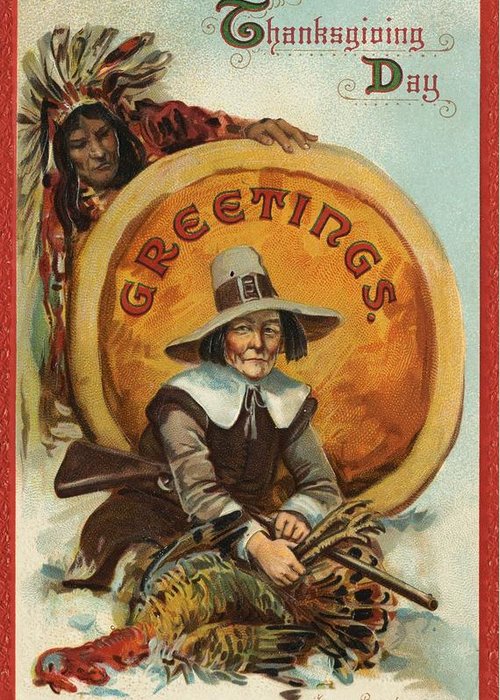 This c. 1920 postcard is a classic example of how Thanksgiving mythology is perpetuated. A "Pilgrim" (They didn't dress like that either) sits with his gun over a freshly killed turkey. In the background, a giant pumpkin pie halos him. Behind the pumpkin, lurks a Native man dressed in Plains Indian clothing, his intentions unknown. By framing Indigenous people as complicit in their own destruction, Europeans could justify land theft (they weren't "using" it anyway!), genocide ("Kill the Indian, save the man"), and breaking countless treaties that legally have the same standing as the Constitution (you can't stop progress!). This is also why, for many Indigenous people, Thanksgiving is a day of mourning. A lot of people still celebrate Thanksgiving, and since the holiday in the modern era is much more focused on food and family, I think that's a good thing. However, it's important to understand what Thanksgiving myths are out there and why and to not perpetuated them. And it's equally important to support Indigenous people - emotionally, politically, and financially - as we celebrate. If you want to decolonize your Thanksgiving by educating yourself further, check out last year's post with a list of resources. The amazing film Gather is now available on Netflix and is fantastic. It would make a wonderful post-Thanksgiving-dinner watch with friends and family. Taking tangible actions is also important. You can support Indigenous food producers as you plan meals all year round, not just at Thanksgiving. You can support Indigenous people in their efforts to prevent oil and natural gas pipelines from violating treaties and polluting or utterly destroying the last vestiges of important ecological landscapes (which, newsflash, helps the whole planet). You can support the land back movement, which focuses on returning public lands acquired through treaty violations back to Indigenous ownership and/or stewardship. Especially since Indigenous people are generally much better at managing public lands than state and federal organizations. You can donate to legal aid organizations that help Indigenous people and tribes protect their individual and collective rights. And finally, you can push back against stereotypes of Indigenous people and Thanksgiving alike. Like my friend whose kindergartener came home with a Thanksgiving worksheet featuring stereotypical depictions of Pilgrims and Indians, who sent her teacher this amazing resource put together by the Native American Services department of Oklahoma City Public Schools on how to interpret Thanksgiving for children in a way that does not erase Indigenous people or perpetuate harmful myths. American history is messy. And that scares a lot of people. But history is complicated, and by better understanding it, we can better understand how we got to where we are today, and whether or not we should do anything to change or fix it. So this Thanksgiving, don't buy the same old stories you grew up with. They're myths for a reason, and we can challenge those reasons, because they suck. And if you don't want to make a Thanksgiving meal that puts New England foodways on a pedestal, feel free to skip the turkey, cranberry sauce, mashed root vegetables, pumpkin pie, and anything else you don't like but always feel obligated to eat. Make your own traditions, and celebrate your own, local harvest season with foods that reflect your family and your geography, without the guilt. Throw off the tyranny of "tradition." Life's too short for bad meals and bad history. The Food Historian blog is supported by patrons on Patreon! Patrons help keep blog posts like this one free and available to the public. Join us for awesome members-only content like free digitized cookbooks from my personal collection, e-newsletter, and even snail mail from time to time! Don't like Patreon? Join with an annual membership below, or just leave a tip! Tomorrow is Thanksgiving in the United States, so I thought it would be apt to visit the matching pair of posters. It's not clear if they were meant to be displayed together or not, but the artist, A. Hendee, clearly recycled one beautiful image for another version. In both images, produce is stored in an attic. Red peppers, turnips, corn, beets, carrots, and what looks like red onions hang from the rafters. A sack of potatoes, a basket of fruit (including bananas!), cauliflower, grapes, a lone cucumber, a few nuts, and two fat pumpkins sit on the wooden floor. In the first image, a white placard with the United States Food Administration seal on the bottom admonishes "Eat less, and let us be thankful that we have enough to share with those who fight for freedom." Much of the propaganda around food and the First World War admonished self-restraint when it came to food. Although the phrase "eat less" has had some controversy in the modern era, in the 1910s it was far less about ideal bodyweight (although that played a role) and far more about reducing waste. As the poor wheat harvests in 1916 and 1917 did not allow for normal consumption levels AND exporting to the Allies, most of the rhetoric in 1917 and 1918 was focused on reducing waste, refocusing American eating habits on other types of food, and reducing consumption in general. For instance, while messages of "eat less" were common, so was the Gospel of the Clean Plate, which exhorted Americans not to waste food. In the second poster, the message reads, "This is what God gives us - what are you giving so that others may live? Eat less wheat, meat, fats, sugar - send more to Europe or they will starve." The Library of Congress tentatively dates this poster as 1917, but that could be simply because it is WWI-related. However, this message is far more explicit than the first, so it may very well have been the first printed. We have specific foods to avoid, and the spectre of starvation in Europe is raised. But we also have a more explicit reference to the image itself, "This is what God gives us" is referencing the abundant produce. Which, you'll notice, does not include hams or bushels of wheat or other foods you might find in a 19th century attic. The focus is entirely on produce, which is on purpose, as eating more fruits and vegetables instead of more calorie-dense and shelf stable foods like wheat, meat, fats, and sugar. Potatoes in particular were touted as an alternative to bread. Although the Library of Congress has no other posters attributed to "A. Hendee," I've managed to track her - yes her! - down, thanks to a clue post from a UK museum that found her full maiden name. Alice Julia Hendee, later Alice Hendee Price, was born in 1889, possibly in Kansas as she attended the Kansas City Art Institute before moving to New York to attend the National Academy of Design and the New York School of Fine and Applied Arts. In 1917 she was listed in a city directory as living on the Upper West Side, and in 1923 she moved to Bronxville, NY in Westchester County. At some point she married architect and illustrator Chester A. Price. Alice made the local news quite frequently for her art, and by 1950 was teaching classes to area women. She died in Westchester county in 1969 and outlived her husband, but in typical mid-century fashion, not his name. Like many of the illustrators and artists who created iconic propaganda posters for the First World War, Alice Hendee Price's recorded history makes no mention of her wartime work. But the stunning images remain. And this Thanksgiving, although we no longer need to curtail our eating habits for wartime, the message of being thankful for what we have and sharing with others is a timeless one. Have a lovely Thanksgiving, everyone, whether you're celebrating with family or friends, and I hope you can enjoy all the bounty of the season. The Food Historian blog is supported by patrons on Patreon! Patrons help keep blog posts like this one free and available to the public. Join us for awesome members-only content like free digitized cookbooks from my personal collection, e-newsletter, and even snail mail from time to time! Don't like Patreon? Join with an annual membership below, or just leave a tip! Think about the story of Thanksgiving you grew up with - Pilgrims in black clothes and funny hats and white aprons and shoes with big buckles sitting down to a Thanksgiving dinner with "the Indians," celebrating peace and harmony and the harvest. Maybe you made a construction paper turkey by tracing your hand. Maybe your teacher made Pilgrim hats and bonnets and "Indian headdresses." The focus was on the food and American exceptionalism. The real story is much, much different. "The First Thanksgiving," in 1621 was preceded and followed by violence. Indigenous voices and the role of the Wampanoag people in literally saving the lives of the English separatists (they didn't call themselves "Pilgrims") have been purposefully erased. The legacy of Indigenous foods - cultivated and created by Indigenous people - has also been largely erased from our cultural lexicon. So what can we do about it? This year, you can decolonize your Thanksgiving by learning the real history behind it and familiarizing yourself with the various Indigenous nations in your own backyard and who played an important role in American history. Today's blog post is essentially going to be a giant collection of articles to read and films to watch. I hope you take the time this weekend to read or watch a few with your family or friends and discuss (especially with your kids) the real story behind the myth. Mythbusting the First Thanksgiving What Really Happened at the 1st Thanksgiving from Voice of America What you learned about the ‘first Thanksgiving’ isn’t true. Here’s the real story - from USA Today via the Cape Cod Times The Real History Of The First Thanksgiving That You Didn’t Learn In School from All That Interesting Everything You Learned About Thanksgiving Is Wrong from the New York Times The Real History Of Thanksgiving Isn't The One You Learned In School—Here's How To Celebrate Smarter from Delish The Myths of the Thanksgiving Story and the Lasting Damage They Imbue from Smithsonian Magazine The true story behind Thanksgiving is a bloody one, and some people say it's time to cancel the holiday from Insider The Thanksgiving Myth Gets a Deeper Look This Year from the New York Times Meet the WampanoagMashpee Wampanoag Tribe The Mashpee Wampanoag Tribe, also known as the People of the First Light, has inhabited present day Massachusetts and Eastern Rhode Island for more than 12,000 years. After an arduous process lasting more than three decades, the Mashpee Wampanoag were re-acknowledged as a federally recognized tribe in 2007. In 2015, the federal government declared 150 acres of land in Mashpee and 170 acres of land in Taunton as the Tribe’s initial reservation, on which the Tribe can exercise its full tribal sovereignty rights. The Mashpee tribe currently has approximately 2,600 enrolled citizens. Learn more >>> Wampanoag History from the Wampanoag Nation 400 Years After the ‘First Thanksgiving,’ the Tribe That Fed the Pilgrims Continues to Fight for Its Land Amid Another Epidemic from Time Magazine In 1621, the Wampanoag Tribe Had Its Own Agenda from The Atlantic “OUR” STORY: 400 Years of Wampanoag History an online exhibit with short documentary films from Plymouth 400. U.S. Appeals Ruling In Mashpee Wampanoag Land Case from WBUR and the Cape Cod Times. Although the Mashpee Wampanoag won their case against the Department of the Interior, which had revoked their federal recognition, the US government is currently appealing that ruling. Hopefully that appeal process will cease in 2021. National Day of MourningThe National Day of Mourning was organized in 1970 in response to a specific event of the suppression of history. This is the 50th anniversary of that event. Here's some background on what led to the creation of the National Day of Mourning from the United American Indians of New England: "In 1970, United American Indians of New England declared US Thanksgiving Day a National Day of Mourning. This came about as a result of the suppression of the truth. Wamsutta, an Aquinnah Wampanoag man, had been asked to speak at a fancy Commonwealth of Massachusetts banquet celebrating the 350th anniversary of the landing of the Pilgrims. He agreed. The organizers of the dinner, using as a pretext the need to prepare a press release, asked for a copy of the speech he planned to deliver. He agreed. Within days Wamsutta was told by a representative of the Department of Commerce and Development that he would not be allowed to give the speech. The reason given was due to the fact that, "...the theme of the anniversary celebration is brotherhood and anything inflammatory would have been out of place." What they were really saying was that in this society, the truth is out of place. "What was it about the speech that got those officials so upset? Wamsutta used as a basis for his remarks one of their own history books - a Pilgrim's account of their first year on Indian land. The book tells of the opening of my ancestor's graves, taking our wheat and bean supplies, and of the selling of my ancestors as slaves for 220 shillings each. Wamsutta was going to tell the truth, but the truth was out of place. "Here is the truth: "The reason they talk about the pilgrims and not an earlier English-speaking colony, Jamestown, is that in Jamestown the circumstances were way too ugly to hold up as an effective national myth. For example, the white settlers in Jamestown turned to cannibalism to survive. Not a very nice story to tell the kids in school. The pilgrims did not find an empty land any more than Columbus "discovered" anything. Every inch of this land is Indian land. The pilgrims (who did not even call themselves pilgrims) did not come here seeking religious freedom; they already had that in Holland. They came here as part of a commercial venture. They introduced sexism, racism, anti-lesbian and gay bigotry, jails, and the class system to these shores. One of the very first things they did when they arrived on Cape Cod -- before they even made it to Plymouth -- was to rob Wampanoag graves at Corn Hill and steal as much of the Indians' winter provisions as they were able to carry. They were no better than any other group of Europeans when it came to their treatment of the Indigenous peoples here. And no, they did not even land at that sacred shrine down the hill called Plymouth Rock, a monument to racism and oppression which we are proud to say we buried in 1995. "The first official "Day of Thanksgiving" was proclaimed in 1637 by Governor Winthrop. He did so to celebrate the safe return of men from Massachusetts who had gone to Mystic, Connecticut to participate in the massacre of over 700 Pequot women, children, and men. "About the only true thing in the whole mythology is that these pitiful European strangers would not have survived their first several years in "New England" were it not for the aid of Wampanoag people. What Native people got in return for this help was genocide, theft of our lands, and never-ending repression. "But back in 1970, the organizers of the fancy state dinner told Wamsutta he could not speak that truth. They would let him speak only if he agreed to deliver a speech that they would provide. Wamsutta refused to have words put into his mouth. Instead of speaking at the dinner, he and many hundreds of other Native people and our supporters from throughout the Americas gathered in Plymouth and observed the first National Day of Mourning. United American Indians of New England have returned to Plymouth every year since to demonstrate against the Pilgrim mythology. "On that first Day of Mourning back in 1970, Plymouth Rock was buried not once, but twice. The Mayflower was boarded and the Union Jack was torn from the mast and replaced with the flag that had flown over liberated Alcatraz Island. The roots of National Day of Mourning have always been firmly embedded in the soil of militant protest." You can learn more about the United American Indians of New England and their mission and watch a livestream of their National Day of Mourning program live from Plymouth here: http://www.uaine.org/ Not all Native Americans celebrate Thanksgiving. Find out why. from the Cape Cod Times. For Native Peoples, Thanksgiving Isn't A Celebration. It's A National Day Of Mourning from WBUR 400 Years After First Thanksgiving, Native Americans Honor 'Day of Mourning' Instead from Newsweek Indigenous Foods & Thanksgiving DinnerYou may recall my catalog of Indigenous foods a few weeks ago. The global impact of Indigenous agriculturalists is a staggering and often overlooked or ignored part of our history. Here are some books, films, and articles you can read to learn more about the impact of Indigenous food on our diet and the struggles of Indigenous chefs and historians to reclaim their food sovereignty. Indigenous Chefs On Traditional Cooking And Their Complicated Relationship With Thanksgiving from Delish Native Americans want to decolonize Thanksgiving with native foods and a proper history lesson KIRO radio Sean Sherman, The Sioux Chef: ‘This Is The Year To Rethink Thanksgiving’ from the Huffington Post This Thanksgiving, Make These Native Recipes From Indigenous Chefs from the Huffington Post 3 Indigenous Chefs Talk About What Thanksgiving Means to Them from Bon Appetit This Thanksgiving, try these recipes for local Native American foods from Kansas City Magazine How to Decolonize Your Thanksgiving Dinner by Vice “We are still alive”: How Native communities grapple with Thanksgiving’s colonial legacy from The Counter Films to Watch this ThanksgivingI cannot recommend the film Gather enough. You can rent it on Vimeo, Amazon Prime, or check their website for free screenings. It's stunningly filmed, it portrays a huge variety of Indigenous voices and stories, and it tells an amazing story of the effort of Indigenous people to reclaim their food sovereignty. Sean Sherman, also known as the Sioux Chef, has done a lot to bring national attention to Indigenous foodways. He's written a book and you can learn more about him on his website. Andi Murphy is the host of the Toasted Sister Podcast: Radio about Native American Food. Well folks if I want to get this done before midnight on Thanksgiving I have to stop, but stay tuned for another post on Indigenous Food Historians You Should Know, which I hope to get up soon. Featuring all kinds of amazing people, stories, books, and even more documentary films. I hope this collection of resources has helped you re-learn your American history and decolonize your Thanksgiving this and every year. As always, The Food Historian blog is supported by patrons on Patreon! Join us for awesome members-only content like free digitized cookbooks from my personal collection, e-newsletter, and even snail mail from time to time!
Last week I did the first of a series of several talks with cooking demonstrations for the Poughkeepsie Library. The first was all about pumpkin pie and I made Lydia Maria Child's original pumpkin pie recipe from her 1832 cookbook The American Frugal Housewife, and then followed it with a discussion of the history of pumpkin, pumpkin pie, and pumpkin pie spice. The library recorded the talk, so you can check it out below! Lydia Maria ChildLydia Maria Child was born in Medford, Massachusetts in 1802. When she moved to Maine as a young woman to study to be a teacher, her older brother Convers, who had attended Harvard Seminary, assisted with her literary education. Upon reading and article about the rich resources New England history could provide novelists, she launched an unplanned writing career with her first novel, Hobomok, published in 1824. The book was set in 17th century New England and concerned the lives of a Native man, Hobomok, and the White woman he married and had a child with. Initially rejected by critics for its theme of miscegenation, it was later lauded by Boston literary circles. While teaching, Lydia Maria turned her attention to writing again, founding Juvenile Miscellany in 1826 - the first American monthly periodical designed specifically for children. Under Child's editorship, it became a popular and groundbreaking publication, emphasizing Protestant morality without the boring proselytizing common in children's literature at the time. In 1828 she married David Lee Child, a Boston lawyer and journalist (her maiden name was Francis) and stopped teaching, but not writing. In 1829 she published The Frugal Housewife: Dedicated to those who are not ashamed of economy, a cookbook directed at assisting the lower classes. It was published in several editions until 1832, when she changed the name to The American Frugal Housewife, to differentiate it from another cookbook of the same title published in Britain. Child published several other books on motherhood and household management, but her abolition work and radical politics largely derailed her literary career. She and her husband David Child began to identify as abolitionists in 1831. In 1833, she published An Appeal in Favor of that Class of Americans Called Africans, which called, among other things, for total abolition of slavery without compensation to enslavers. It was the first anti-slavery book (not pamphlet) published in the United States. Throughout the 1830s and '40s she became very active in the abolition and anti-slavery movements, publishing anti-slavery fiction, anti-slavery political tracts, and organizing fundraisers and events. Her anti-slavery stance and other radical politics enraged many readers in the American South, and subscriptions to Juvenile Miscellany declined so much that in 1834 she stepped down as editor. Sarah Josepha Hale edited the magazine until its closure in 1836. Child went on to publish tracts supporting Native American rights as well, including An Appeal for the Indians in 1868. Lydia Maria Child died in 1880 at the age of 78. Because of her political beliefs, she did not see the financial success of many of her author peers. But The American Frugal Housewife remains one of her most enduring legacies, along with her most famous poem, "A New England Boy's Song About Thanksgiving Day," which she published as part of her book Flowers for Children, Vol. 2 in 1844. You might know it better as "Over the River and Through the Woods." "A New England Boy's Song About Thanksgiving"Over the river, and through the wood, To grandfather's house we go; The horse knows the way, To carry the sleigh, Through the white and drifted snow. Over the river, and through the wood, To grandfather's house away! We would not stop For doll or top, For 't is Thanksgiving day. Over the river, and through the wood, Oh, how the wind does blow! It stings the toes, And bites the nose, As over the ground we go. Over the river, and through the wood, With a clear blue winter sky, The dogs do bark, And children hark, As we go jingling by. Over the river, and through the wood, To have a first-rate play -- Hear the bells ring Ting a ling ding, Hurra for Thanksgiving day! Over the river, and through the wood -- No matter for winds that blow; Or if we get The sleigh upset, Into a bank of snow. Over the river, and through the wood, To see little John and Ann; We will kiss them all, And play snow-ball, And stay as long as we can. Over the river, and through the wood, Trot fast, my dapple grey! Spring over the ground, Like a hunting hound, For 't is Thanksgiving day! Over the river, and through the wood, And straight through the barn-yard gate; We seem to go Extremely slow, It is so hard to wait. Over the river, and through the wood, Old Jowler hears our bells; He shakes his pow, With a loud bow wow, And thus the news he tells. Over the river, and through the wood -- When grandmother sees us come, She will say, Oh dear, The children are here, Bring a pie for every one. Over the river, and through the wood -- Now grandmother's cap I spy! Hurra for the fun! Is the pudding done? Hurra for the pumpkin pie! "Pumpkin And Squash Pie" (the filling)Here is Lydia Maria Child's original text: "For common family pumpkin pies, three eggs do very well to a quart of milk. Stew your pumpkin, and strain it through a sieve, or colander. Take out the seeds, and pare the pumpkin, or squash, before you stew it; but do not scrape the inside; the part nearest the seed is the sweetest part of the squash. Stir in the stewed pumpkin, till it is as thick as you can stir it round rapidly and easily. If you want to make your pie richer, make it thinner, and add another egg. One egg to a quart of milk makes very decent pies. Sweeten it to your taste, with molasses or sugar; some pumpkins require more sweetening than others. Two tea-spoonfuls of salt; two great spoonfuls of sifted cinnamon; one great spoonful of ginger. Ginger will answer very well alone for spice, if you use enough of it. The outside of a lemon grated is nice. The more eggs, the better the pie; some put an egg to a gill of milk. They should bake from forty to fifty minutes, and even ten minutes longer, if very deep." And here's my translation: 1 sugar pie pumpkin 2 cups whole milk 4 eggs 2 tablespoons cinnamon 1 tablespoon ground ginger 1/2 teaspoon salt 1/4-1/2 cup maple syrup Cut pumpkin in half, scoop out seeds, and roast, cut-side down, for 45 minutes at 350 F. When soft and easily pierced with a knife, remove from oven and scoop out flesh from rind. Mash thoroughly with a fork to remove stringiness. Let cool, then add spices and salt and mix thoroughly, then add all liquid ingredients. Pour into chilled pie shells (recipe below) and bake at 450 F for 15 minutes, then reduce heat to 350 F and bake for an additional 30 minutes. When the center is solid (a slight wobble is allowed), the pie is set and baked. Serve warm or cold with additional maple syrup (if desired) and whipped cream (recipe below). If you have extra filling, add to ungreased glass baking dishes or custard cups for equally good "crustless pumpkin pie." "Pie Crust"The original: "To make pie crust for common use, a quarter of a pound of butter is enough for half a pound of flour. Take out about a quarter part of the flour you intend to use, and lay it aside. Into the remainder of the flour rub butter thoroughly with your hands, until it is so short that a handful of it, clasped tight, will remain in a ball, without any tendency to fall to pieces. Then wet it with cold water, roll it out on a board, rob over the surface with flour, stick little lumps of butter all over it, sprinkle some flour over the butter, and roll the dough all up; flour the paste, and flour the rolling-pin; roll it lightly and quickly; flour it again; stick in bits of butter; do it up; flour the rolling-pin, and roll it quickly and lightly; and so on, till you have used up your butter. Always roll from you. Pie crust should be made as cold as possible, and set it in a cool place; but be careful that it does not freeze. Do not use more flour than you can help in sprinkling and rolling. The paste should not be rolled out more than three times; if rolled too much, it will not be flaky." Well that was a bit of a doozy of a recipe! Essentially, she's making an all-butter pie crust by combining shortbread and puff pastry techniques. And it turns out pretty well! If you're looking for a good all-butter pie crust recipe, this is a fairly reliable one, if you handle it gently. Here's my translation: 1 stick (1/4 pound) very cold unsalted butter 1 1/4 cup all-purpose flour 1/4-1/2 cup reserved flour for rolling ice water With cold hands, cut the stick of butter lengthwise in thirds, then rotate one quart of the way and cut in thirds again. Then cut crosswise until you have nice little cubes. Use at least half of the butter to rub into the 1 1/4 cup flour in a large bowl. Add more butter if you need to. From a bowl of ice water, using a tablespoon, add the water, 1-2 tablespoons at a time, and toss mixture with a fork. You'll need 6-8 tablespoons, depending on your flour and butter ratios. When you can make a ball with your hands and it sticks together nicely, but not too wet, you're good. Form the mass into a ball and roll out on a well floured surface, taking care to roll gently so as not to break the dough or roll unevenly. Once you have rolled out a round, spread whole cubes of butter across half the circle, fold in half, and roll that flat. Then repeat 2 more times (making sure to reserve enough butter for each rolling). When complete, roll out for crust. You'll have at least one single crust, with some left over for smaller pies. Place in pans, trim and crimp edges, and chill until ready to fill. Bake with pumpkin filling as directed above, or add your favorite fruit filling. My crust turned out delightfully crisp, but a little flat in flavor. A pinch of sugar and/or salt would probably be a nice addition. Hand Whipped CreamThis one isn't in The American Frugal Housewife, but it goes deliciously with pumpkin pie! The higher quality/fat content your cream, the easier it is to whip by hand. 1/2 cup heavy cream 1 tablespoon sugar or maple syrup 1 teaspoon homemade vanilla (recipe below) In a very deep bowl (preferably glass, which stays nice and cold), add the chilled cream, sugar, and vanilla. Tilt bowl and beat cream with a wire balloon whisk in a circular motion until you add enough air to the cream that it holds its shape. Do not overbeat, or you'll end up with sweet vanilla butter. Chill until ready to serve. Homemade VanillaHomemade vanilla lasts nearly forever, so it's a worthy investment, but vanilla beans are quite expensive these days, so make at your own expense. Still probably cheaper than buying the tiny bottles of the real stuff. You can make it with vodka, but I find the gold rum is much nicer and mellower. Also makes a great Christmas present. A dozen or so whole vanilla beans Gold rum (get the not-quite-the-cheapest brand) Cut the vanilla beans in half and add them to a quart jar. Fill jar with gold rum. Let sit in a dark place for a week or so before using. Keep adding rum as you deplete the vanilla. You want to keep the beans submerged at all times. Add beans every few years to keep the flavor up. Happy Thanksgiving!And that, my dears, is that. If you made it this far through the blog post, congratulations! I hope you enjoyed the video, some history about Lydia Maria Child, her famous poem, and the recipes. Keep your eyes peeled for more cooking-demonstration-and-talk programs coming up in December, January, and February. I hope you have a wonderful Thanksgiving! As always, The Food Historian blog is supported by patrons on Patreon! Join us for awesome members-only content like free digitized cookbooks from my personal collection, e-newsletter, and even snail mail from time to time!
Thanks to everyone who joined us for Episode 23 of the Food History Happy Hour! In this episode, we discussed all things Thanksgiving, including the history of the First Thanksgiving, what foods likely were and were not present at that event, the importance of Indigenous foods in the development of the United States, how to honor Indigenous contributions at Thanksgiving and support Indigenous producers, how Thanksgiving came to be a national holiday, and the origins of many of Thanksgiving's most popular side dishes and desserts.
Rail Splitter (1917)
This recipe comes from the 1917 Recipes for Mixed Drinks by Hugo R. Ensslin. The original reads:
1 pony syrup, juice ½ lemon. Shake well in mixing glass with cracked ice, strain into collins glass, add a cube of ice and fill up with ginger beer. I substituted maple syrup for the simple syrup, but boy was that way too much syrup to use with modern ginger ale (I couldn't find ginger beer)! Ginger beer is likely stronger in flavor and less sweet, so go whole hog if you use that, but if you're not a fan of sweet drinks, go easy on the syrup. Episode Links
There are a ton of really great resources out there about Thanksgiving history and Indigenous foodways, but here are a few to whet your appetite:
Decolonizing Thanksgiving
In the episode we talked a little bit about the myths behind Thanksgiving and what it means to modern Indigenous people, but there's a lot more to be done. Here are some ways you can decolonize your own Thanksgiving, regardless of your cultural background.
Food History Happy Hour is supported by patrons on Patreon! Join us for awesome members-only content like free digitized cookbooks from my personal collection, e-newsletter, and even snail mail from time to time!
Today is Indigenous Peoples' Day. What, you thought it was Columbus Day? Well, for some people who don't know any better it still is, but Columbus was a pretty terrible person, driven by greed, and he didn't "discover" anything. Instead, he did things like sell 9 year old Taino girls into sex slavery, cut off children's hands if they didn't meet gold quotas, and generally committed genocide and slavery against every non-white person he met. He almost completely wiped out the Arawak-speaking peoples of the Caribbean, including the Lucayan people of the Bahamas and especially the Taino people of Hispaniola (present day Haiti and Dominican Republic). But as with most genocides, they're never 100% successful, and people throughout the Caribbean are descended from Taino people. One thing Columbus did lend his name to is a term called "The Columbian Exchange." The term was coined in the 1970s by historian Alfred W. Crosby, who studied the impacts of geography and biology on history, specifically the relationship between Europe and the rest of the world. Because Columbus was the first European to bring back many of the plants now used across the world, the exchange is named after him. Essentially, Irish potatoes, Italian tomato sauce, Swiss chocolate, Thai chilis, and a whole host of other important international foods are not actually from any of those places. They are ALL indigenous to North and South America and did not exist outside those continents prior to 1492. I'm going to catalog Indigenous American foodways in a minute, but first I want to emphasize how important it is to recognize that all of these foods are a result of Indigenous agricultural innovation. There is a tendency among many White folks to assume that these foods were just growing "wild" - and while that may be the case with some fruits, the vast majority were cultivated by Indigenous people, often in brilliant and surprising ways. And if you'd like to skip the list and go straight to figuring out where you can buy Indigenous foods and support Indigenous growers, harvesters, and producers, a good starting place is the list created by the Toasted Sister podcast. It's not comprehensive, but it's a great start. You can also check out this directory of certified American Indian Foods producers by the Intertribal Agricultural Council. You can even search by state! A small disclaimer - this is obviously not a complete list of Indigenous foods - I thought I would list the most influential foods globally and in the modern American diet. But I encourage you to use the magic of the internet to see what other foods you can find Indigenous to the area you live. And one final note - while it is important to preserve Indigenous foods and seeds, it's equally important to support the Indigenous people working to preserver them, like the Indigenous Seed Keepers Network. So while groups like Seed Savers Exchange are great, I encourage everyone to seek out Indigenous-owned and Indigenous-led companies and groups when choosing who to support. AmaranthWhere I grew up on the Northern Plains, in Lakota territory, one species amaranth is often known as "pigweed," and is considered a noxious weed by farmers. But Indigenous people know it as an important grain crop. Developed by the Aztec, amaranth was banned by the Spanish. The leaves of amaranth are also edible and some varieties are known as "callaloo," an important green vegetable for enslaved African peoples throughout the Caribbean and southern United States. If you're a gardener, "love-lies-bleeding" is a decorative variety of amaranth. There are dozens of varieties, but amaranth grains are often available for purchase from specialty stores and online. AvocadoAvocadoes, modern purview of hipsters, are actually an ancient fruit developed near Puebla, Mexico nearly 10,000 years ago (seriously, the world owes so much to Mexico in terms of agricultural innovation). The Indigenous residents of Puebla began cultivating the tree as much as 5,000 years ago. Modern-day avocadoes come in a whole host of varieties, but residents of the U.S. are most familiar with the Hass variety. Introduced to the American Southwest in the 1830s, avocado consumption in the United States didn't really take off nationally until the 1930s, influenced by California cuisine and used primarily in salads. Look in old cookbooks for references to "alligator pears," so named because of their bumpy green skin and pear shape. BeansBeans, especially climbing pole beans like the scarlet runner bean, are an important component of the Three Sisters style of agriculture, in which pumpkins or squash, corn, and beans are grown in concert with each other. The corn provides the stalk for beans to climb, the beans fix nitrogen in the soil for the corn and squash, and the broad leaves of the squash shade the ground, helping to prevent competing plants from growing and keeping the soil moist. Although some varieties of legumes did exist in Europe prior to the Columbian Exchange, notably chickpeas, peas, lentils, and broad beans, the introduction of the wide variety of cultivated Indigenous beans to Europe, especially kidney beans, including what would become the famous Italian cannelini. Black beans, pinto beans, and pink beans are other Indigenous varieties. Blueberries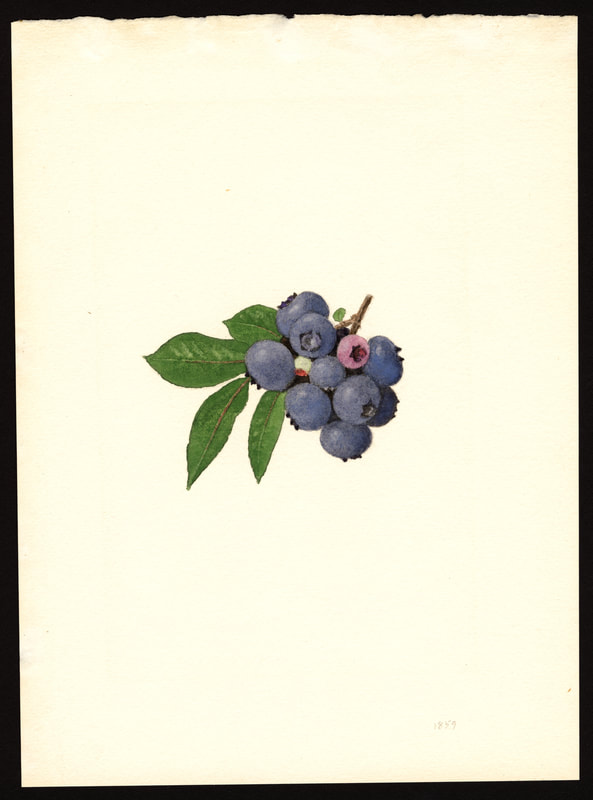 Image of the Weymouth variety of blueberries (scientific name: Vaccinium corymbosum), with this specimen originating in New Jersey, United States. Source: U.S. Department of Agriculture Pomological Watercolor Collection. Rare and Special Collections, National Agricultural Library, Beltsville, MD 20705, 1940. Lowbush blueberries (often marketed in grocery stores as "wild" blueberries) are native to North America, as other other blueberry-like fruits including huckleberries and juneberries (also known as serviceberries). Although these plants grew wild, blueberry barrens and other stands were often maintained by Indigenous peoples. Dried blueberry and cracked corn mush may have been served at the First Thanksgiving. Early European observers misnamed them "bilberries," after a relative native to Britain. In the early 20th century, highbush blueberries were cultivated from Indigenous blueberries in New Jersey. Highbush blueberries are bigger and therefore easier to harvest and ship than lowbush blueberries and are most often what you'll find in grocery stores today. CashewMost people probably associate cashews with Southeast Asia and Indian cuisines. But cashews are actually native to Brazil. The word "cashew" is a corruption of the word "acaju," which is Tupi for "nut." The Tupi people (of which there are dozens of sub-tribes) were who the Portuguese encountered when they first arrived there in the early 1500s. It was the Portuguese who brought the cashew to Goa, India in the late 1500s, where it thrived. Today, most commercially produced cashews are grown in India. ChiaMaybe you've noticed the trend for chia puddings these days. Or perhaps you're old enough to remember the Chia Pet craze of the 1980s. But the origins of chia are much older than you might suppose. Native to Central America, chia is thought to have been cultivated by the Aztecs as much as 3,500 years ago. An important staple crop throughout Mesoamerica, it was likely also used for religious purposes and may have been banned by Spanish colonizers for that reason. Thankfully, it survived. Chilis & PeppersChili peppers - from which all modern capsicums are derived, including bell peppers - were cultivated in Mexico as early as 6,000 years ago. Self-pollinating, chilis quickly spread throughout Mexico and Central and South America. Known in many countries by their cultivar name - capsicum - in the United States we call them "peppers" because Columbus and other Europeans associated them with the heat they had previously only known from black pepper. Like cashews, chili peppers were brought to Southeast Asia by Portuguese traders, where they quickly took hold as an essential part of many Asian cuisines. In the United States, New Mexico is best known for its production of chili peppers and its chili-eating heritage. Chilis are an essential ingredient in salsa, and Indigenous Mexican peoples use all different varieties (not just jalapenos and habaneros) for different levels of heat and flavor. ChocolateToday, chocolate is most often associated with Switzerland, Germany, and France. But its origins are ancient and date to Mesoamerica. The oldest references are for the Olmec peoples of central Mexico, who used it in religious ceremonies. But it was also used by the Maya and Aztec peoples, who both used cocoa beans as currency and used chocolate beverages in daily life and religious ceremonies. Although the origin of cacao plants is contested, they appear to have been common in Central America and actively cultivated as early as 5,300 years ago. Chocolate's chemical signature is often tracked as part of archaeological digs, and recent finds have suggested that its use and cultivation are earlier and more widespread than previously known. When it was introduced to Europe, Europeans treated it much like they did another dark, bitter beverage - coffee - by adding cream and sugar to it and drinking it for breakfast. By the 18th century, mechanization and slavery had made chocolate affordable to the middle classes. But it wasn't until the 19th century that chocolate bars, mixed with vanilla, sugar, dairy solids, and cocoa butter, came into widespread use. Corn (Maize)For most Americans, corn is hybridized sweet corn, popcorn, and maybe yellow or white cornmeal (or grits). But corn comes in thousands of different varieties and can be processed in hundreds of different ways. Did you know, for instance, that different varieties of corn - popcorn, dent, flint, flour, etc. - were cultivated for different uses? And that most corn can be eaten at all stages of development? And that "sweet" corn was originally just eating immature "green" corn before the sugars had turned to starch? Indigenous cooks also developed nixtamalization - a process whereby corn is soaked in wood ashes and water (i.e. lye) to de-hull and soften the corn. Nixtamalization also has the important additional benefit of releasing the niacin (Vitamin B3) from the corn so that it can be processed by the body. Niacin deficiency, also known as pellagra, plagued 19th and early 20th century White Americans, who did not know how to process the corn properly. Corn was developed from a grass native to south central Mexico called teosinte - which is still used today in Mexico as a fodder for livestock. As cultivated varieties spread throughout North America, they took on different characteristics as they cross-pollinated with other varieties and native species of teosinte. Corn is wind pollinated, meaning that it cross-breeds easily. Today, corn's global dominance is almost entirely related to its role as livestock feed, especially with beef. Sadly, beef cattle are not well suited to being raised on corn, and "corn fed beef," which is designed to put on a lot of fat for your "well-marbled" steak, is actually extremely destructive to bovine digestive systems. Not to mention unhealthy for humans, too. American agricultural subsidies for corn, which allow food processors to purchase it for less than it costs farmers to produce, have also allowed the proliferation of its use as an industrial food, notably corn syrup, but corn is now in almost everything we eat. And not in a good way. If you want to help Indigenous producers, buy Indigenous-grown Indigenous corn products. Here in New York, you can buy Iroquois White Corn. Don't feel like eating corn but want to help? Support Indigenous seedkeeper groups. Can't find one in your area? Donate to the Indigenous Seedkeeper's Network. CranberriesToday, cranberries are most often associated with Thanksgiving and New England, but cranberries are native to the northeast of North America and were used often by Indigenous peoples in those areas. Although a variety of cranberry is native to the bogs of Britain, and the Scandinavian lingonberries are a relative, the vast majority of modern cranberry consumption is based on species native to the U.S. and Canada. Maple Syrup & SugarMaple Syrup is one of the few sweeteners native to North America (honeybees, sugar cane, sorghum, and sugar beets are all imported). First used by Indigenous peoples in the Northeast, it is unclear which tribes first started use of maple sap as a sweetener. One Haudenosaunee/Iroquois legend indicates that the people first observed red squirrels cutting into the bark of maple trees and returning to drink the sap that flowed out. This has since been confirmed by scientific observation of squirrel behavior. Maple syrup and sugar was made either by freezing the water out of the sap, or by boiling with heated rocks. European colonists were quick to adopt maple sugaring as an important source of late winter calories and shelf-stable year-round sweetener. Although for some reason in the United States maple products are associated with fall, maple sugaring time is usually in March, when daytime temperatures rise above freezing, and fall below freezing at night - perfect conditions for optimum sap production. PapayaThe native range of the papaya is from southern Mexico to northern South America, although it has been naturalized throughout the Caribbean and the Gulf of Mexico. With a quick maturity - some papaya can produce fruit after just one year - Europeans spread the plant to other tropical regions around the world where it is widely used in many different stages of ripeness, both cooked and raw. PeanutsThe archaeological record of peanut cultivation is not clear, but it is clear that it was present in Brazil and Central America in the 16th century when European explorers arrived in South America. The peanut is not actually a nut - it is a legume and more closely related to beans than, say, pecans. But its culinary importance grew once it was imported by Europeans to Africa and Asia. The peanut actually came to North America by way of enslaved Africans, who carried it with them as they were stolen from their homelands. The peanut was largely regarded as animal fodder by Europeans, and used in subsistence farming by enslaved Africans and African-Americans in the U.S. In the late 19th century, a number of people, including John Harvey Kellogg and Heinz, were filing patents for peanut-butter-like substances. Ironically, George Washington Carver, African-American plant scientist and the man most associated with peanut butter, didn't actually invent it. Today, about the only people who don't enjoy peanuts much are Europeans, which is ironic given their role in spreading them globally. PecanNative to North America, the pecan is one of my favorite nuts. Its native range ran from New England to Mexico and was widely used by Indigenous peoples. The word "pecan" likely comes from a 16th century European corruption of the Algonquian word "pacane," describing nuts that required stones to crack. Hickory nuts (also known as butternuts) and black walnuts are in the same family as pecans. PineappleAlthough most Americans associate pineapples with Hawaii, they are actually native to the Paraguay River basin, which stretches between modern-day Brazil, Bolivia, Paraguay, and Argentina. Pineapples were cultivated by the Maya and Aztecs and Europeans first encountered them in the 15th century. Named the "pine apple" because of its resemblance to a pine cone and its status as a fruit, Europeans were able to grow some pineapples in greenhouses. In the 18th century, the pineapple was a symbol of hospitality and wealth and were much smaller than modern-day cultivars. Pineapple plantations were first installed by White Americans in Hawaii in the 1880s. James Dole made his fortune with pineapple plantations, processing, and canning innovations, which introduced the pineapple to ordinary Americans across the country. PotatoesWhat would Europe be without the potato? And yet, this starchy tuber, which spread throughout the Andes mountains prior to European contact, is originally from the border of modern-day Peru and Bolivia and dates back as far as 8,000 years ago. Cultivated from the wild tuber by Indigenous agriculturalists, over 5,000 varieties now exist. Potatoes were the staple crop of the Inca, who built their empire on it. Andean Indigenous peoples used it in all the usual ways, but also pioneered a special preservation technique called chuño, whereby the potatoes were frozen and dried in a way that made them very light and allowed them to keep for years. Chuño was usually prepared as part of a stew and was an important cash crop for Indigenous farmers. Prior to its introduction to Europe, most of the poorer classes relied on turnips and rutabaga for starchy bulk calories. But the potato was not only more palatable, it was more prolific, easier to grow, and it kept longer in storage. The shift to potatoes throughout Northern Europe in particular meant that the advent of potato blight in the mid-19th century, particularly in subjugated Ireland, started a mass migration of Europe's poor to the nations which had fed them so well for so long. QuinoaAlso native to the Andes and Peru, quinoa (pronounced "keen-wah"), is a member of the amaranth family. Used as a cereal crop by the Inca and other Indigenous peoples in the Andes mountains, quinoa has been in cultivation for as many as 5,000 years. When the Spanish arrived, determined to stamp out Incan culture, quinoa almost disappeared, but it persisted. Its "discovery" by White Americans interested in "superfoods," the price of this essential Indigenous grain actually skyrocketed. Whether or not this is good for Indigenous farmers is a matter of some debate, but when in doubt, be sure to buy from Indigenous producers. Squash & PumpkinAlong with corn and beans, squash make up the famous "Three Sisters" of Indigenous foodways. One of the oldest cultivated crops of the Americas, dating back as many as 10,000 years ago (before maize and beans), squashes are native to the Andes and Mesoamerica and wild varieties actually predate human inhabitation on the continents. Their cultivation was widespread throughout North and South America prior to European contact. All global varieties of squash, including pumpkins, zucchini, and decorative gourds, originated in the Americas. The word "squash" is an English corruption of the Narragansett word "askutasquash" meaning "a green thing eaten raw." Today, pumpkins (a word for a particular kind of large, round, orange squash that doesn't actually have an official classification) are mostly associated with Thanksgiving and New England foodways, although in the 19th century they were also stereotypically associated with slavery. They were one of the Indigenous foods featured in the first "American" cookbook, published by Amelia Simmons in 1796. SunflowerSunflowers are also native to North America, thought to have been cultivated near present-day Arizona and New Mexico around 3000 BC. Cultivated for their oily seeds and tuberous roots (also known as sunchokes or "Jerusalem artichokes"), sunflowers were also sometimes used as dyes. Although they were an important crop for Indigenous peoples, they were not in widespread use by European-Americans until their popularization in 19th century Russia, where they had been imported. Today, North and South Dakota are the biggest producers of sunflowers in the US and sunflower seeds, "sunbutter" and sunflower oil are popular modern uses. Not so much with the "sunchoke," although the tubers are regaining some popularity. Sweet PotatoSweet potatoes are native to Central America. Although called "potatoes" and sometimes "yams," they are not related to either plant. Sweet potatoes are more closely related to morning glory and bindweed. Sweet potatoes were spread across the Pacific nearly 400 years before Columbus by Polynesians, who brought the vine back with them. It was the Spanish and the Portuguese, however, who spread the sweet potato to the Philippines and Japan, respectively. The Spanish also brought the sweet potato to West Africa, where it was adopted, but not without some derision as its taste. The yam is native to Africa, which is likely why so many Americans, especially African-Americans, call sweet potatoes "yams." TomatoWhich is more authentic? Italian tomato sauce, or Mexican salsa? Hate to break it to you, but the Mexicans have the ayes on this one. Wild tomatoes are native to Western Mexico and were originally tiny, sour, and hard. Careful cultivation by Indigenous people led to thousands of more edible varieties, including husk tomatoes ranging from tomatillos to ground cherries. In Nahuatl (the Aztec language), "tomatl" was used to reference green tomatoes like tomatillos, and "xitomatl" was used for red varieties. The Spanish translated it as "tomate" and hence the term "tomato." When brought back to Europe, the bright red fruits were originally identified as a type of eggplant (both are members of the nightshade family), it garnered the nickname "love apple," and was originally considered poisonous. Although it was cultivated as a decorative plant, it was not in widespread use in Europe until the mid-18th century. It's widespread adoption in Italy was likely connected to nationalist sentiments in the 19th century and its association with the color red in the flag of Italian unification. In the United States, Thomas Jefferson may have helped popularize the tomato outside of the American southwest. And his relative by marriage, Mary Randolph, featured tomatoes in her Virginia Housewife cookbook, published in 1824. By the end of the 19th century, tomatoes became a popular American preserve, providing color, acidity, and sweetness to the typical American table. TurkeyIndigenous to North America, turkeys have been consumed by Indigenous peoples for centuries. Turkeys were domesticated in Mesoamerica as early as 800 BC. The Spanish brought back domesticated Aztec turkeys to Europe, where they quickly joined the European game bird lexicon. Associated with Christmas in Britain as early as the 17th century, the British Christmas goose persisted until the 20th century. In the United States, turkey is most commonly associated with Thanksgiving, although it is also often consumed at Christmas. Turkeys are one of the only indigenous American meat animals widely adopted in Europe and elsewhere. The name "Turkey" is likely associated with how Europeans were first introduced to turkeys - either through trade with the Middle East, or in association with guinea fowl as a game bird, introduced via Turkey. Domesticated turkeys are thought to have been descendants of Aztec domesticated birds reintroduced to North America via Europe. The turkeys purportedly eaten at the First Thanksgiving would have almost certainly been wild varieties, however. A shift to large scale commercial poultry production in the early 20th century has helped introduce turkey into the American diet through things like sliced deli turkey. The virtual disappearance of wild turkeys from New England due to deforestation meant that they had to be reintroduced to New England, an effort that began in the 1960s. VanillaVanilla is an orchid native to the Caribbean and south Central America. Cultivated by pre-Columbian Maya people, it was widely adopted by subsequent Indigenous peoples, including the Aztecs, who added it as a flavoring agent to their chocolate beverages. Attempts to cultivate vanilla in Europe were unsuccessful, largely because vanilla is naturally pollinated only by a native species of bee. An boy named Edmond Albius, enslaved on the Island of Reunion, pioneered a hand pollination technique that allowed vanilla to spread across the globe, including to the islands of Tahiti and Madagascar. Wild RiceWild rice, known in Anishinaabe/Ojibwe as "manoomin," is, indeed, a wild rice. Growing in marshy lakes, truely wild rice is harvested by hand from the wild. Wild rice is central to Anishinaabe culture, and one legend indicates that Ojibwe people emigrated from the Atlantic coast to the "place where food grows on the water." Although Northern wild rice is the most common, other two other varieties are native to North America - one in Florida and one in Texas. Suggestions to grow wild rice commercially were suggested as early as the mid-19th century, but it was not attempted on any scale until the 1950s. Commercially cultivated "wild" rice is now a great source of controversy, as is the genetic modification of wild rice. Opponents argue that commercial wild rice conflicts with Indigenous food sovereignty and treaty rights. True wild rice can also be endangered by relaxed water pollution standards, oil pipelines, and more. Indigenous people were rarely if ever involved in the research and are not beneficiaries of commercial varieties. For reasons of taste and to support Indigenous tribes and businesses, I strongly recommend that you source your wild rice from Indigenous producers. ConclusionPhew! That is a LOT of influential foods developed by Indigenous Americans. I hope you learned something with this catalog - I know I did. And I hope you'll support Indigenous food producers by purchasing direct whenever you can. Thanks to the magic of the internet, that's now possible more than ever. And for those of you interested, I'm planning a couple more posts (and a few talks) about the influence of pumpkins, corn, wild rice, and more. So stay tuned! What's your favorite Indigenous American food? The Food Historian blog is supported by patrons on Patreon! If you found this article interesting, useful, and/or thought-provoking, join us for awesome members-only content like free digitized cookbooks from my personal collection, e-newsletter, and even snail mail from time to time!
Happy Thanksgiving, Everyone!I've been a bit remiss in post-sharing on Facebook these days, but now that the turkey and all the fixin's (except the pie!) have been consumed at my mother-in-law's house, it's time for a roundup of all the great Thanksgiving-related articles across the web you may have missed these past few weeks. (This is a regular perk of being a Patreon patron, by the way.) Let's start with "Why We Celebrate Thanksgiving On the Fourth Thursday of November" from NPR. Indigenous Histories of Thanksgiving"The Thanksgiving Tale We Tell is a Harmful Lie. As a Native American, I've Found A Better Way to Celebrate the Holiday" Sean Sherman for Time Magazine. "3 Indigenous Chefs Talk About What Thanksgiving Means to Them" from Bon Appetit. "Modern Native American Cuisine and the Myth of Thanksgiving" from Modern Farmer. "The Native American Side of the Thanksgiving Menu" from NPR. "The Real Thanksgiving Foods" from Powwows.com. Early American Thanksgivings"Thanksgiving History: The Original Farm to Table Experience" from WVTF public radio. "400 Thanksgiving Turkeys Walking to Washington (D.C.) Market in 1826" from Researching Food History. "Thanksgiving at Washington Market, New York City" also from Researching Food History. "George Washington and Thanksgiving" from Mount Vernon. "Colonial Thanksgiving Recipes To Celebrate American History" from Walter Staib on PBS. The African-American Experience"Chef Marcus Samuelsson Gives Thanks: On Harlem, the black diaspora, and his own journey" on Salon. "The Roots of Black Thanksgiving: Why Macaroni and Cheese and Potato Salad Are So Popular" from the Washington Post. "Thanksgiving Soul Food Offers a Window to African-American Heritage" from the Baltimore Sun. Ingredients & Dishes"The History Behind 10 Thanksgiving Dishes" from Mentalfloss. "The History of Popular Thanksgiving Foods" from Redbook. "Hey! What Are These Oysters Doing In My Stuffing?" from Food52. "The Real Reason Sugar Has No Place in Cornbread" from Serious Eats. "Cornbread Dressing Is So Much More Than a Thanksgiving Side" from The Takeout. "Cornbread Kush Stuffing" from Michael Twitty via Vice. "From Culinary Dud to Stud: How Dutch Plant Breeders Built Our Brussels Sprouts Boom" from NPR. "This Twitter Thread On Weird Thanksgiving Side Dishes Does Not Disappoint" from the Huffington Post. "Filling the Cornucopia" from the American Folklife Center, Library of Congress. "Why President Calvin Coolidge Never Ate His Thanksgiving Raccoon" from Atlas Obscura. And, find out what happened to Rebecca in "The Thanksgiving Raccoon That Became a Presidential Pet" from History.com "This Man Made the First Canned Cranberry Sauce" from Smithsonian. "The Case for Heritage Turkeys" from Modern Farmer. Desserts"The Great Thanksgiving Dessert Battle" from the Philadelphia Sun. "A Brief History of Pumpkin Pie in America" from the Library of Congress. "American History As Told By 7 Pies" from Matador Network. "A Brief History of Pecan Pie" from Eater. Vegetarians"The Turkey Has Been the Subject of Thanksgiving-Day Arguments for Longer Than You Probably Think" from Time Magazine. "Turkey Alternatives Aren't the Key to Enjoying a Meatless Thanksgiving" from Diamondback. "Vegetarian Thanksgiving Dates Back to the 1900s" from JSTOR. Phew! That's it for the Thanksgiving Roundup this year. I hope this provides some good, post-feast reading and a way to work off that food coma before you feast on some pie. :D
If you want more roundups of food history-related news, consider becoming a member of The Food Historian! Regular roundups are a perk for every member level. You can join online here, or you can join us on Patreon! Members get access to members-only sections of this website, special updates, plus discounts on future events and classes. And you'll help support free content like this for everyone. Join today! One last follow-up to the Very Vintage Halloween Party! I wanted to share my recipe for Pumpkin Cranberry Bread Pudding. My husband loves bread pudding, but it can be a tricksy thing. Lots of recipes call for baking it in a water bath (too much work!), others end up making a bread pudding that is dry or too dense or otherwise flavorless. This recipe I adapted from my conventional bread pudding recipe, which calls for cinnamon and raisins. The key is to soak all the bread without being too runny, so add more milk if you need to. Pumpkin Cranberry Bread Pudding2 1/2 cups milk 1/4 cup butter 3 eggs 1 can (15 oz) pumpkin puree (or 2 cups homemade pureed pumpkin) 1/2 cup sugar 1 teaspoon pumpkin spice (or cinnamon with a pinch of clove and nutmeg) 1/4 teaspoon salt 1 loaf of unsliced bread (I prefer day-old challah) 1/2 cup dried sweetened cranberries Preheat the oven to 350 F. Heat the butter and milk over medium heat until the butter is just melted (stir occasionally to accelerate the melting). Remove from heat. Tear the bread into bite-sized pieces and fill a 9"x13" ungreased pan (I prefer glass) In a separate bowl, mix the eggs, sugar, spices, and pumpkin. Stir in cranberries, then fold in bread in stages until all is well-soaked. Add more milk at this stage if you need to. Pour the bread mixture into the ungreased pan and bake 40-45 minutes, or until a knife inserted 1 inch from the edge comes out clean. No need for a water bath or to cover it! Serve warm or cold with plenty of whipped cream. The best part about this bread pudding? Not only was it quick and easy to make the morning of the Halloween party, it also made SEVERAL converts to bread pudding. Lol. A number of people at the party mentioned that they either didn't like bread pudding and liked this one, or that it was the best bread pudding they'd ever had. Plus, it doesn't suffer much from storage in the fridge (if anything it just gets more moist) and is perfect for just about any fall gathering, including, (gasp!) Thanksgiving! So hope you enjoy this recipe and happy fall baking! If you want more party ideas, recipes, and other vintage food fun, consider becoming a member of The Food Historian! You can join online here, or you can join us on Patreon! Members get access to members-only sections of this website, special updates, plus discounts on future events and classes. And you'll help support free content like this for everyone. Join today!
|
AuthorSarah Wassberg Johnson has an MA in Public History from the University at Albany and studies early 20th century food history. Archives
July 2024
Categories
All
|
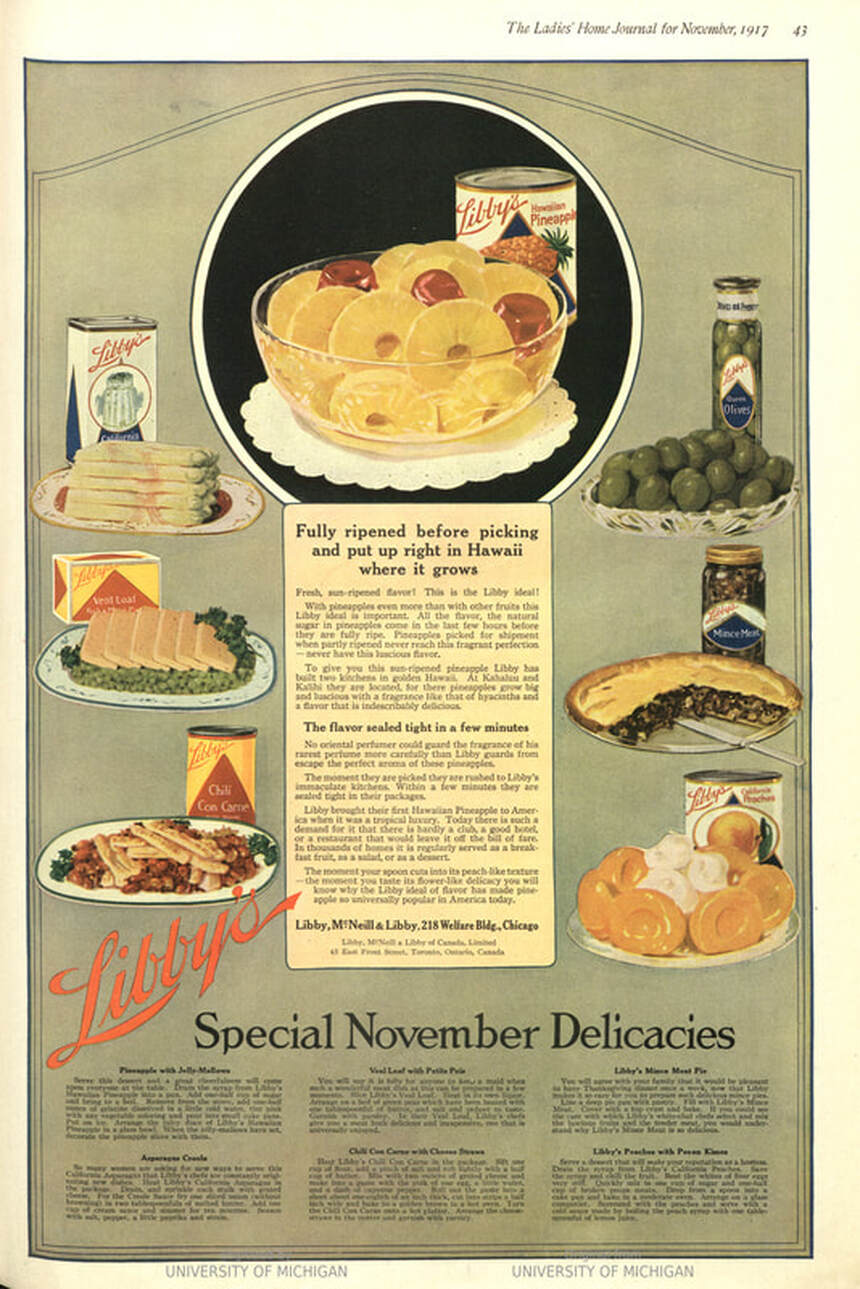
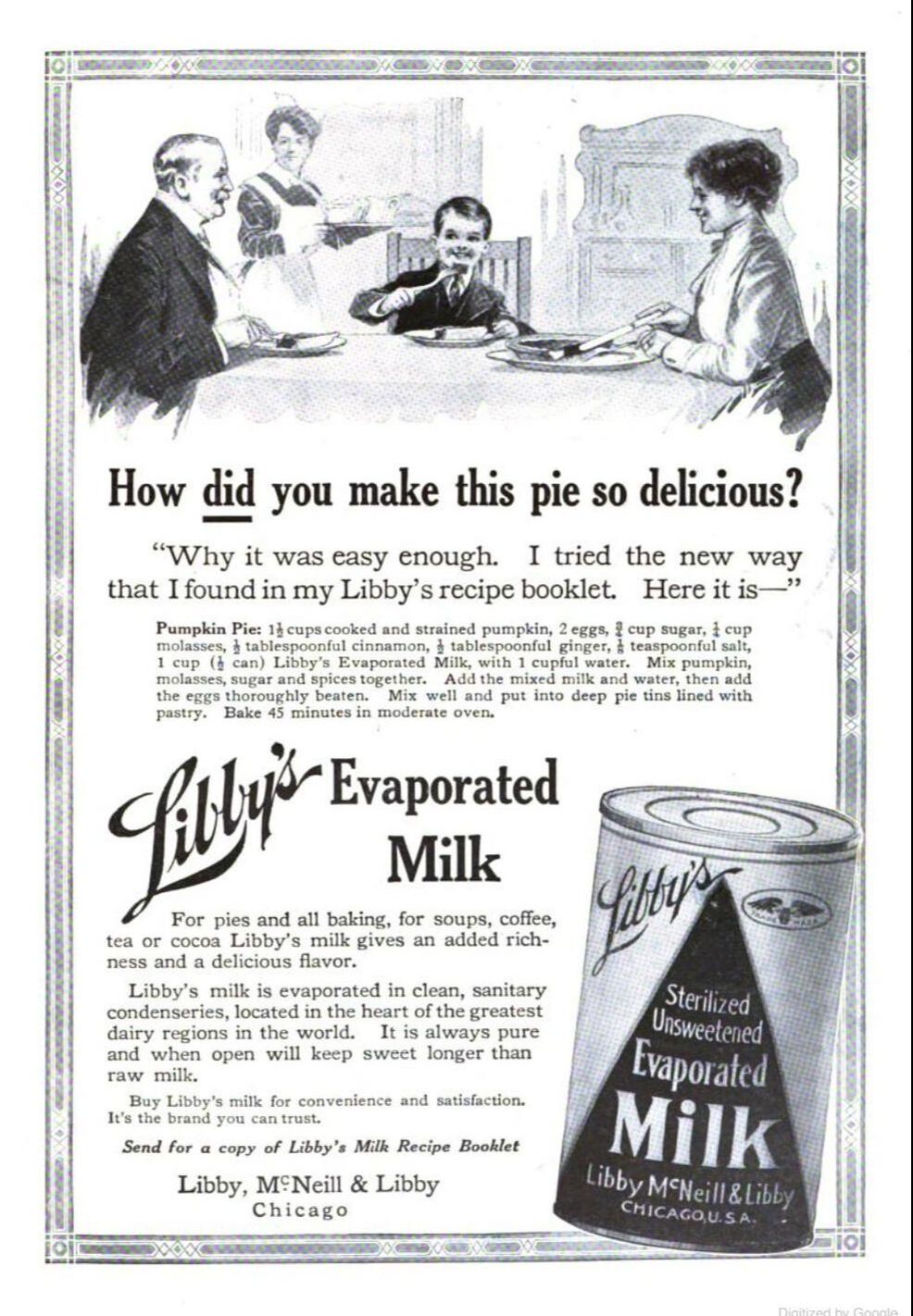
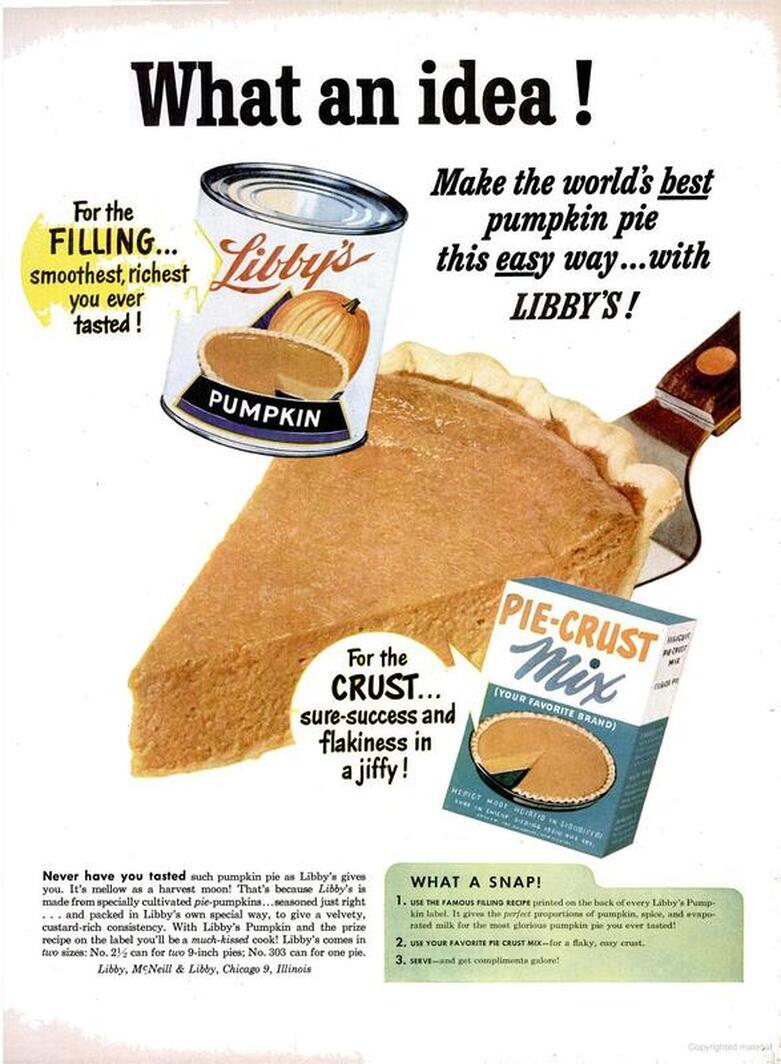
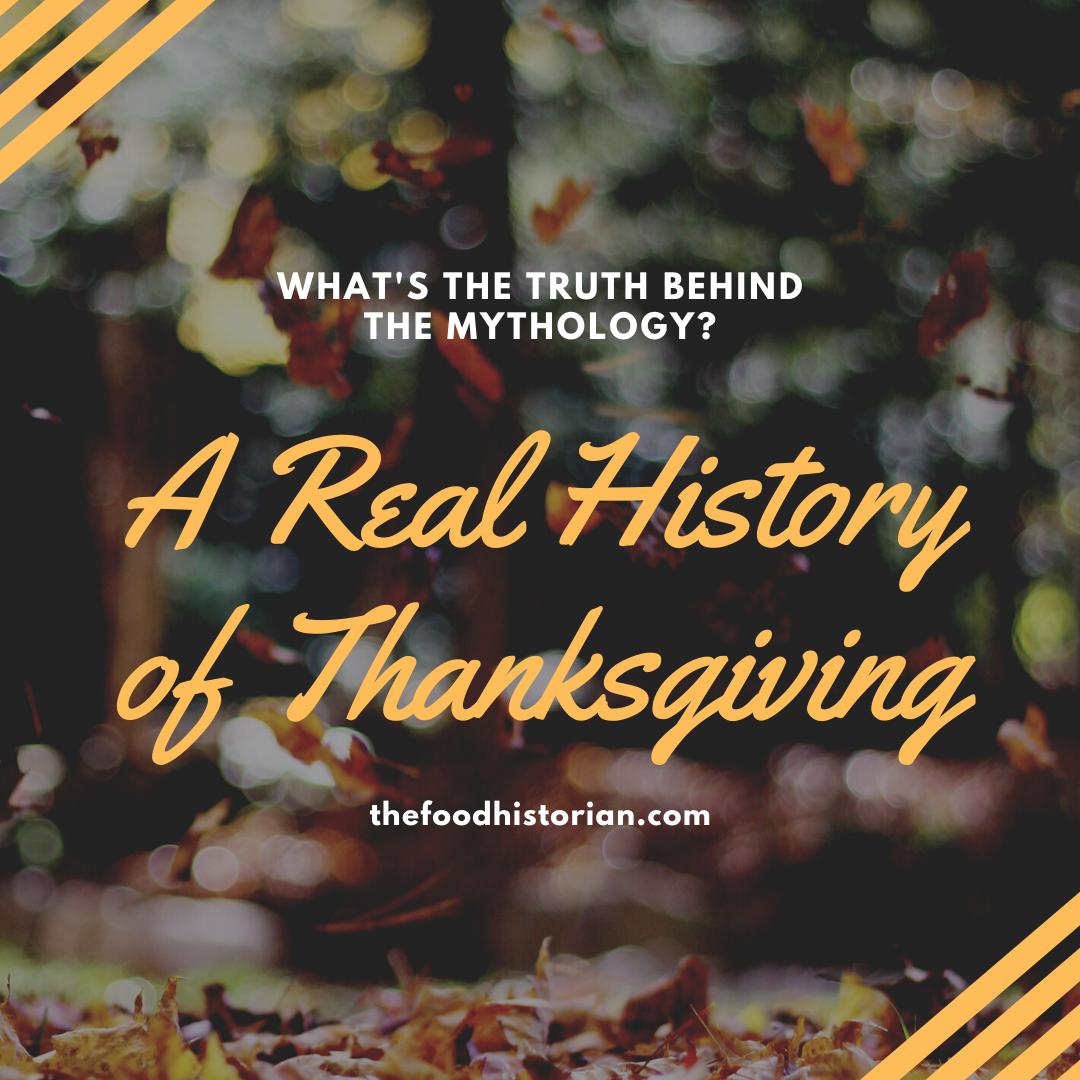
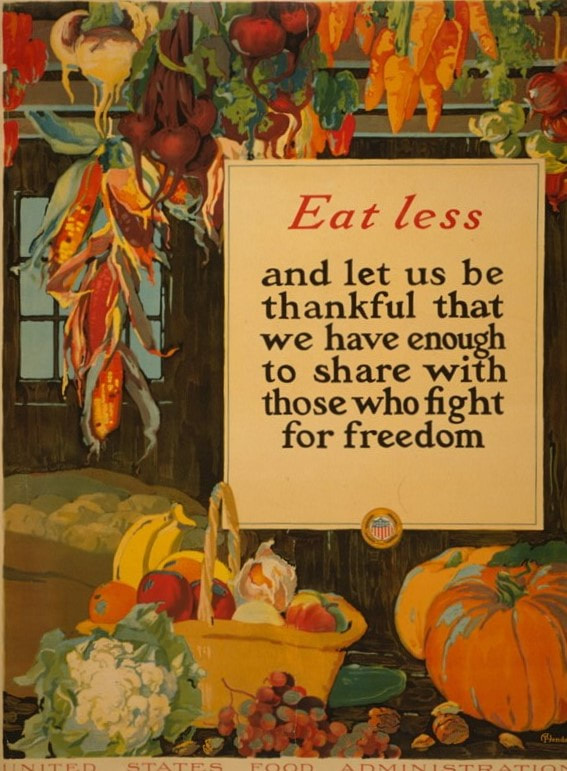
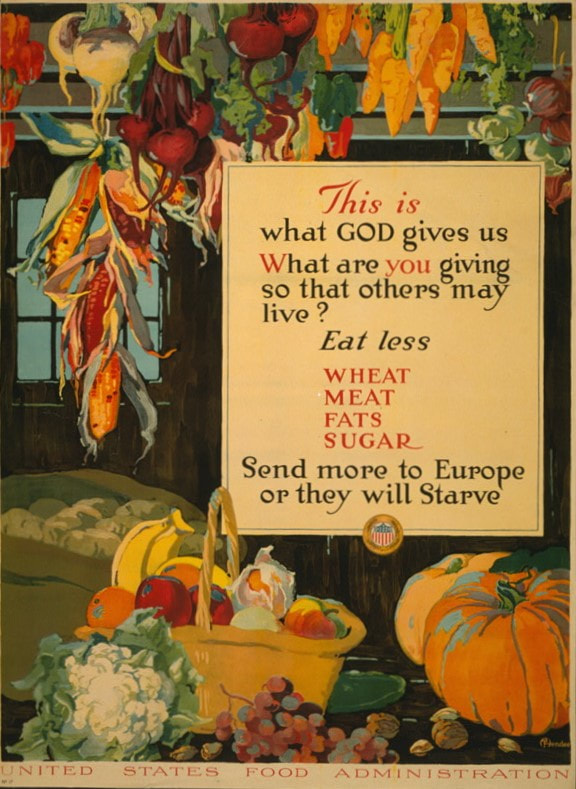
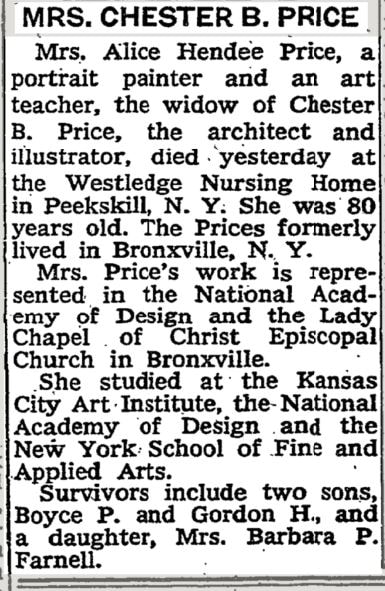
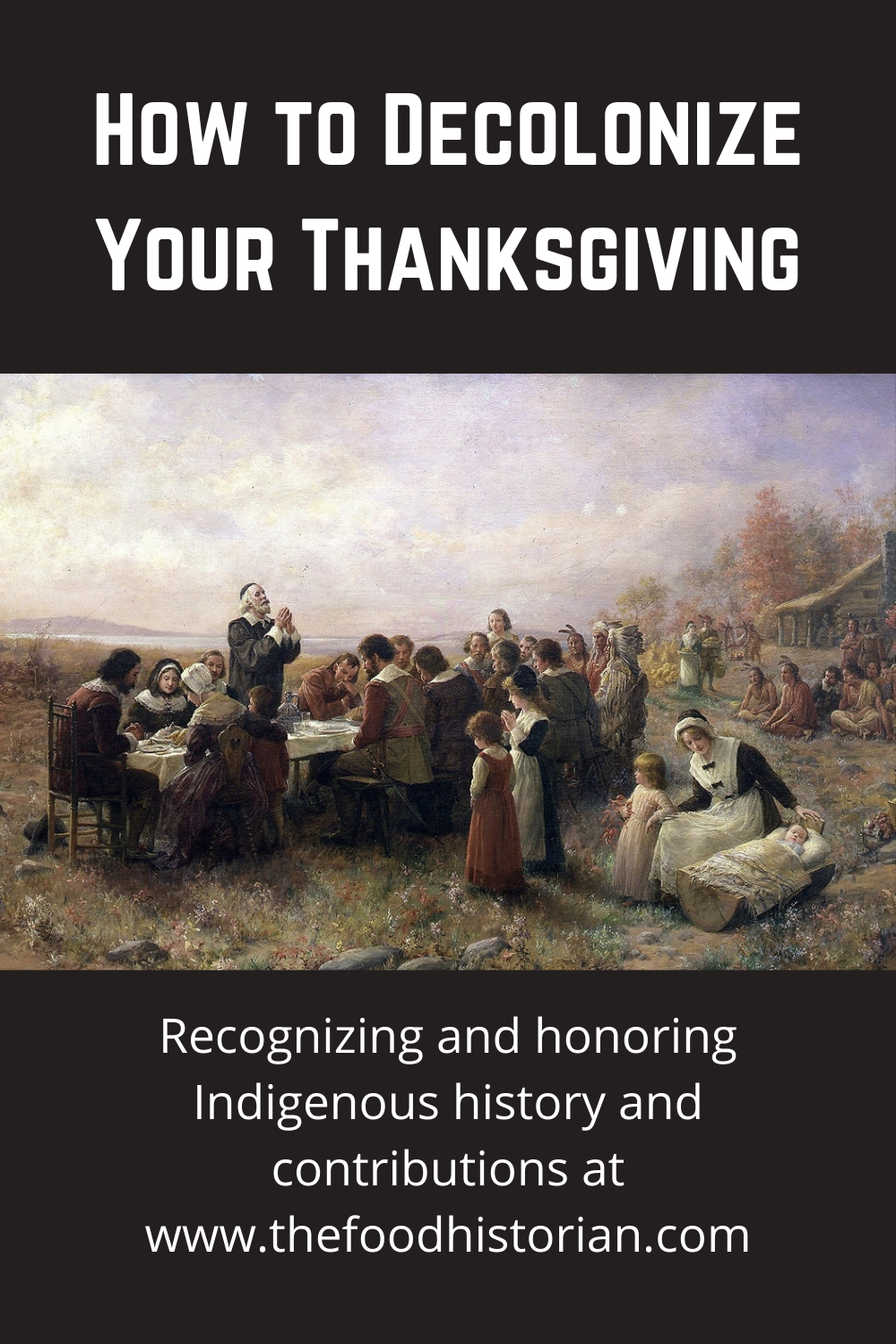
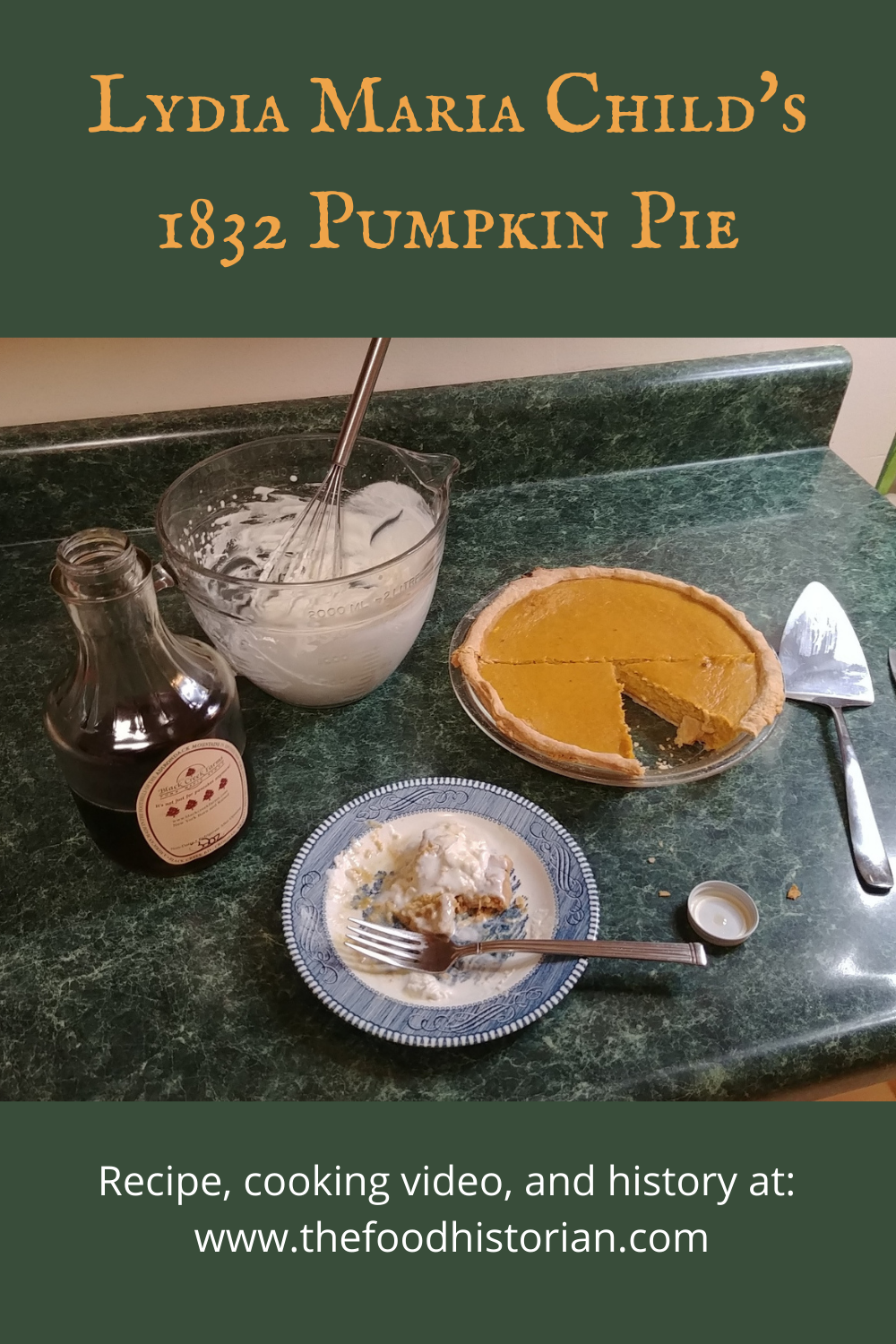
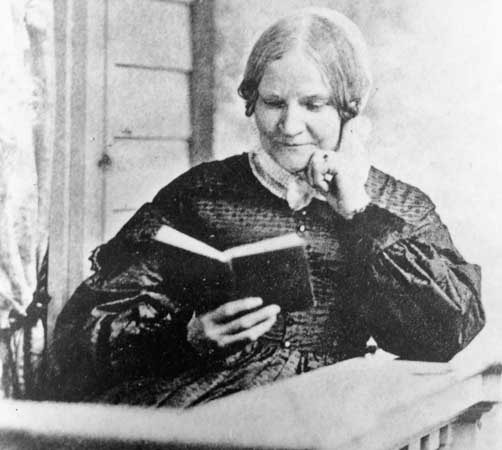
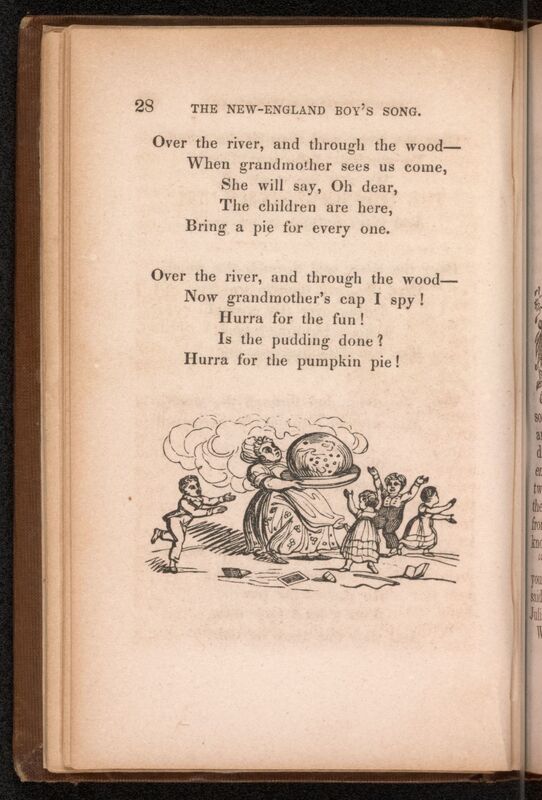
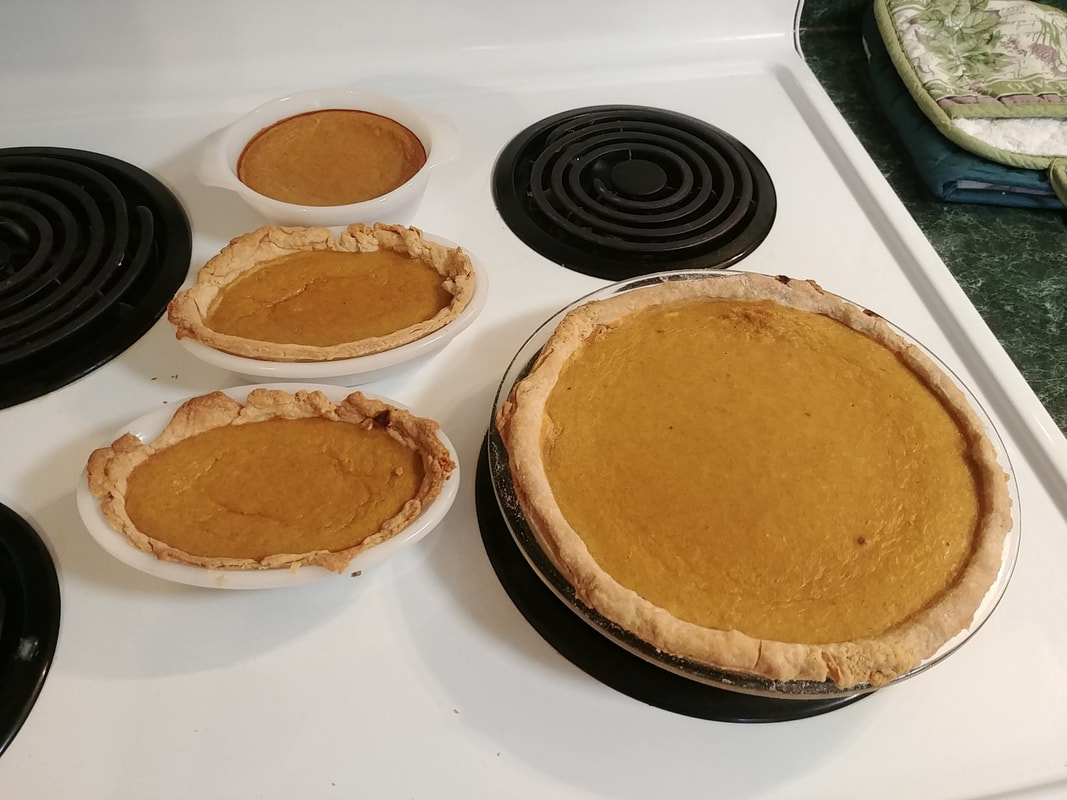
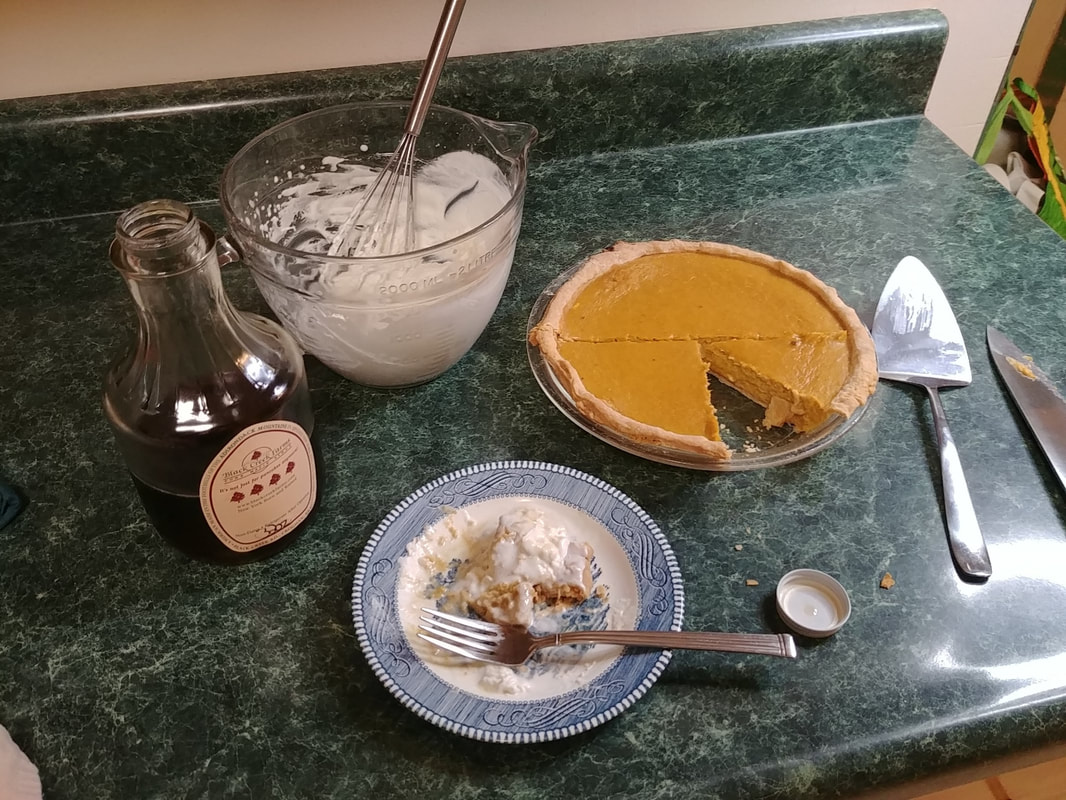
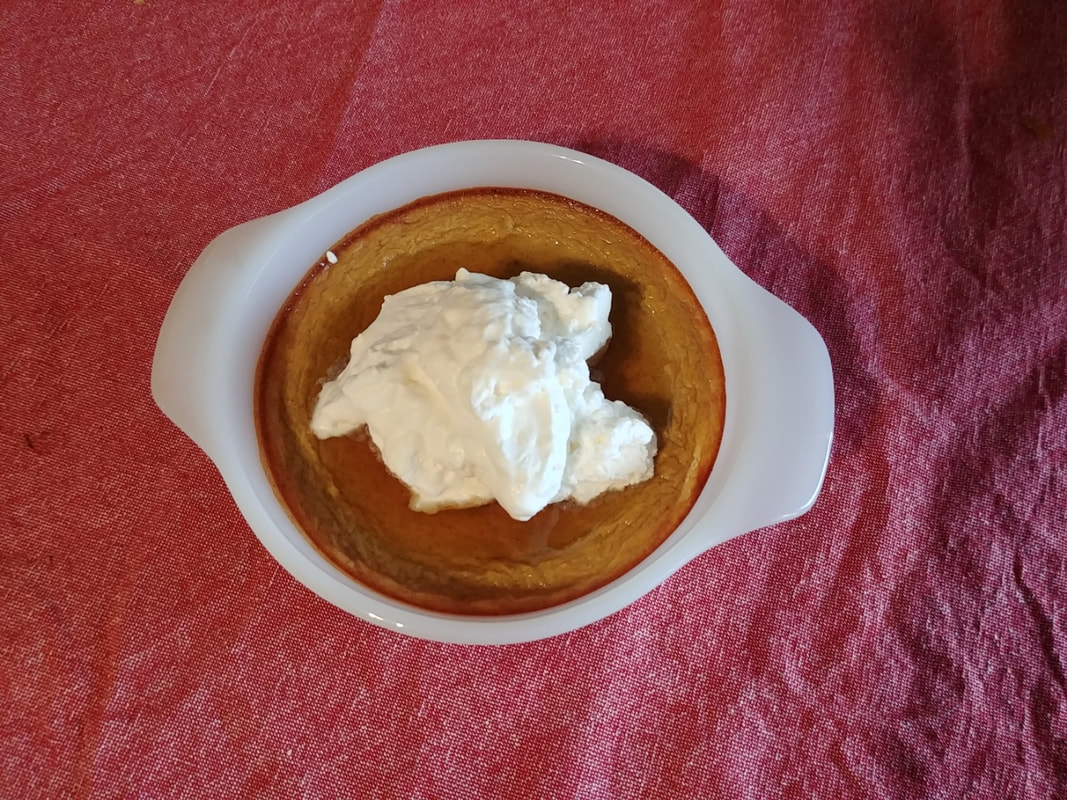
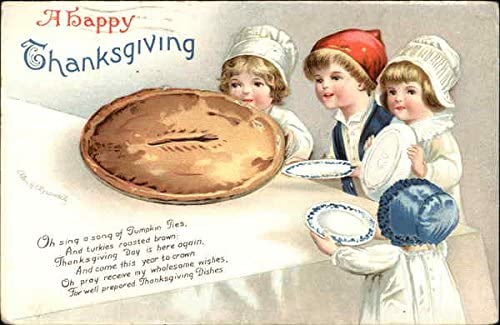
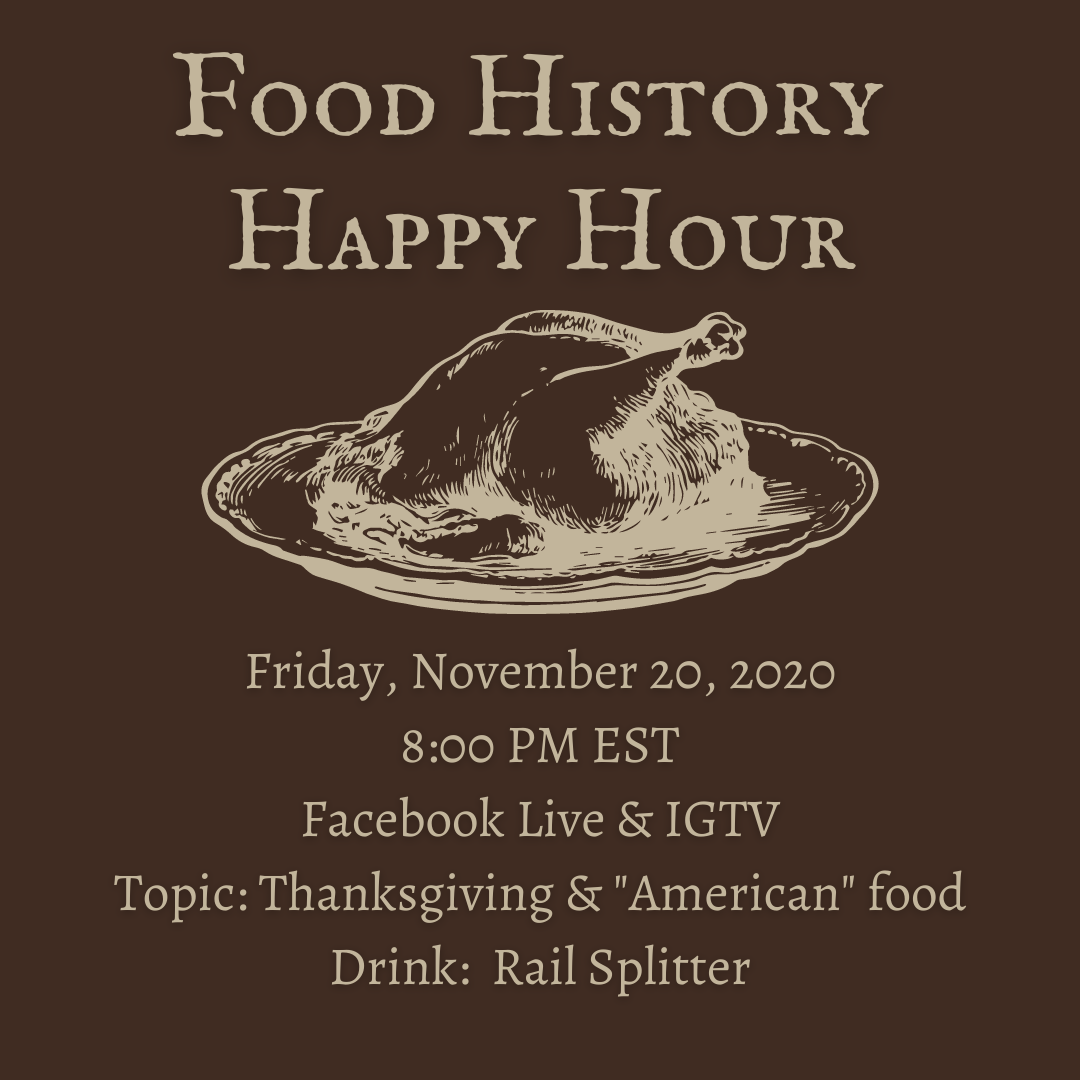

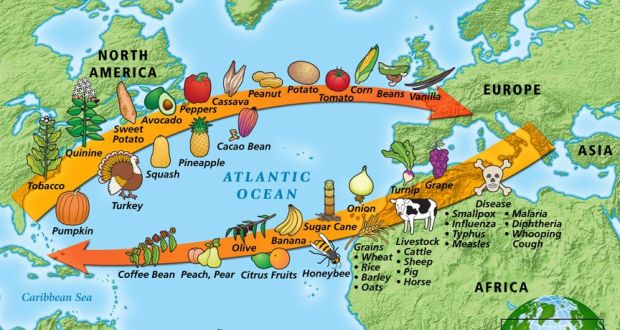
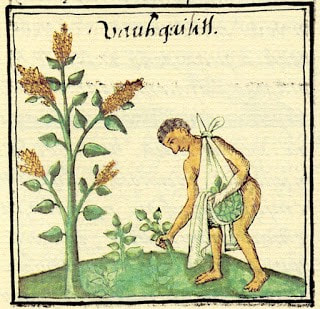
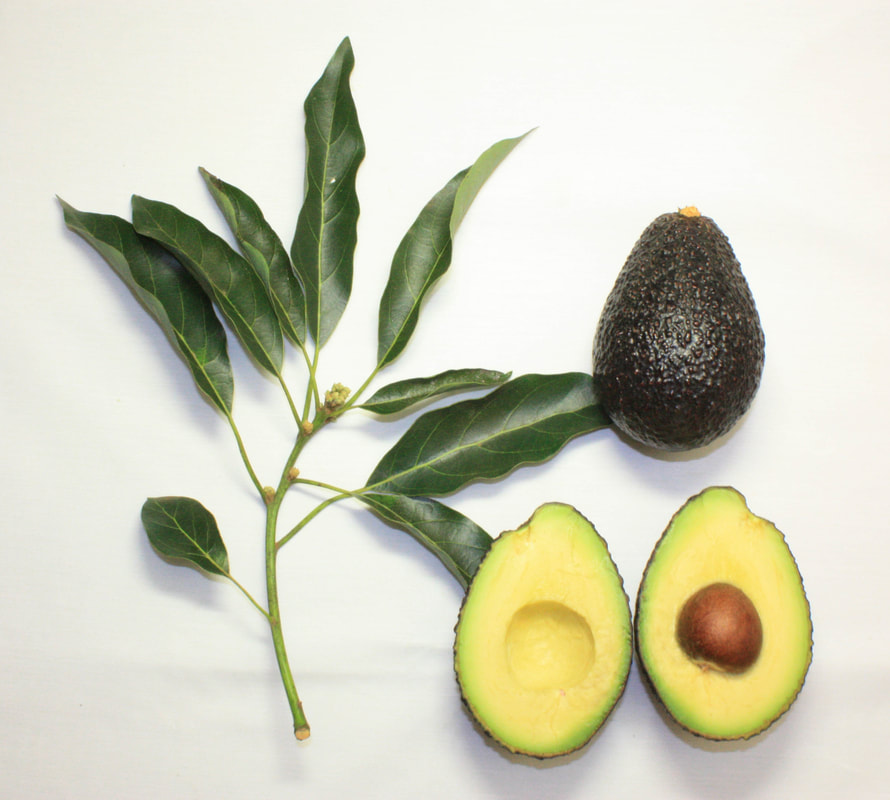
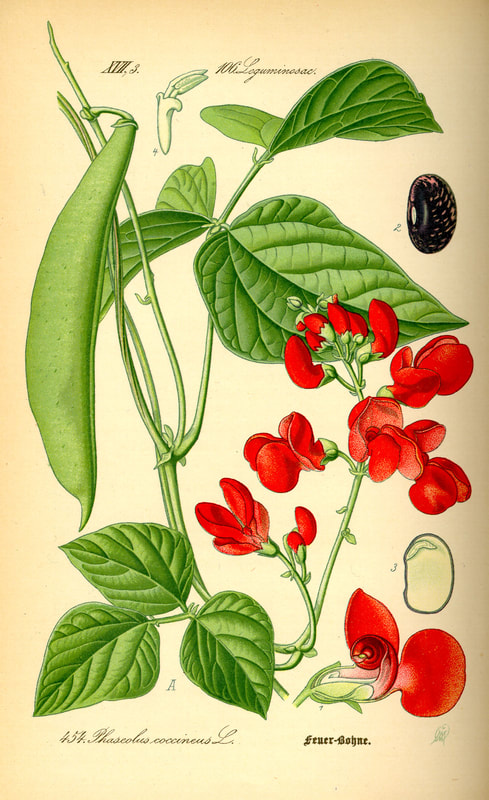
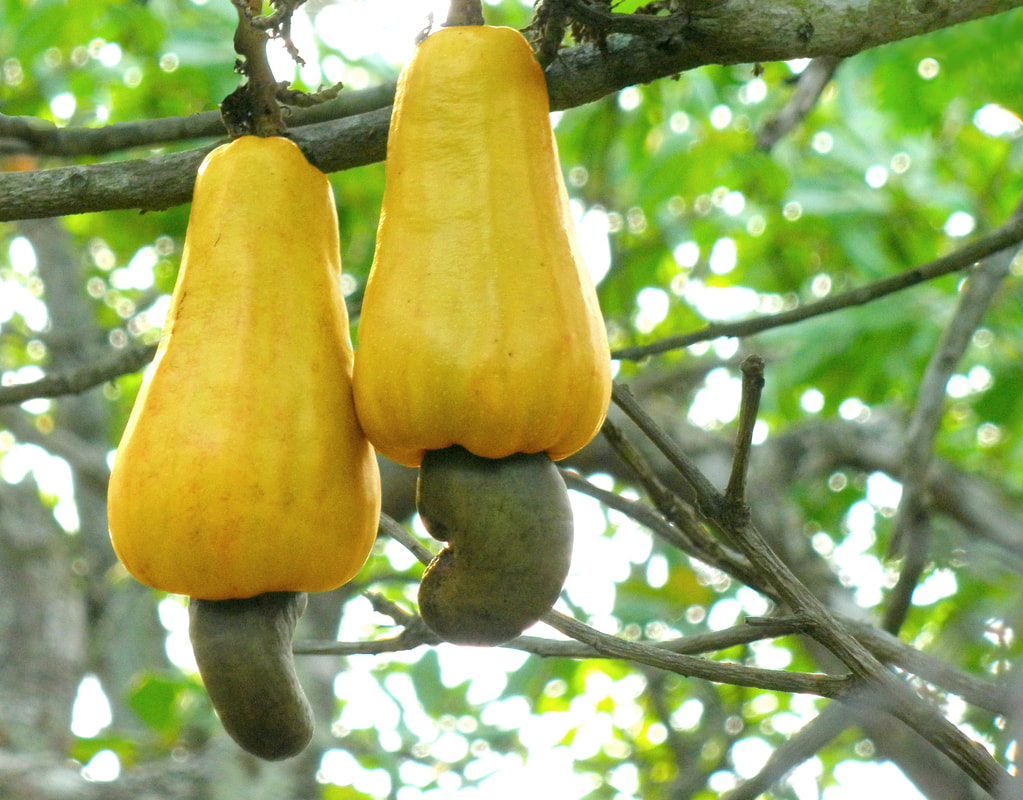
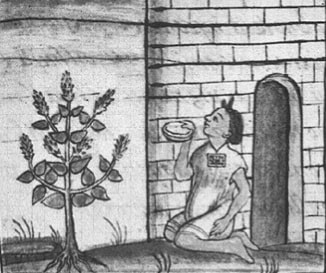
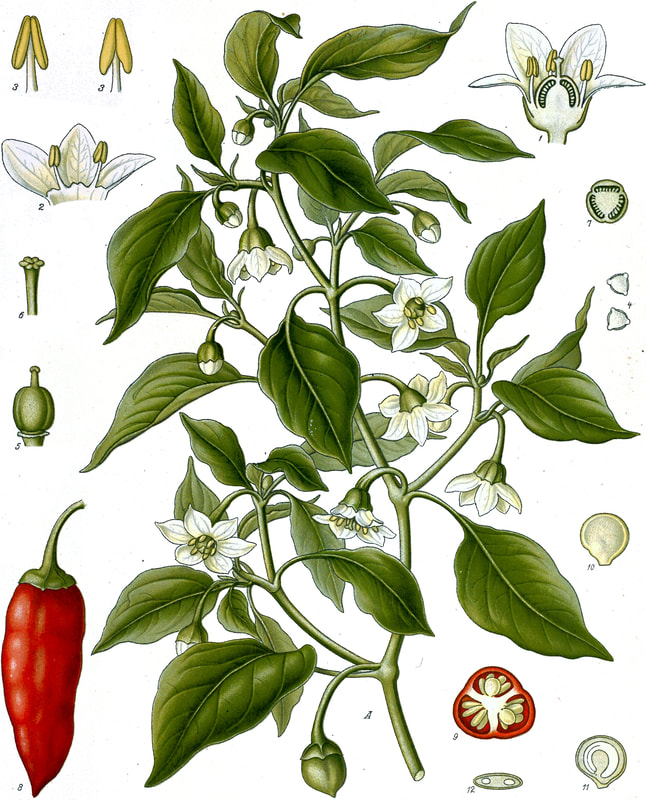
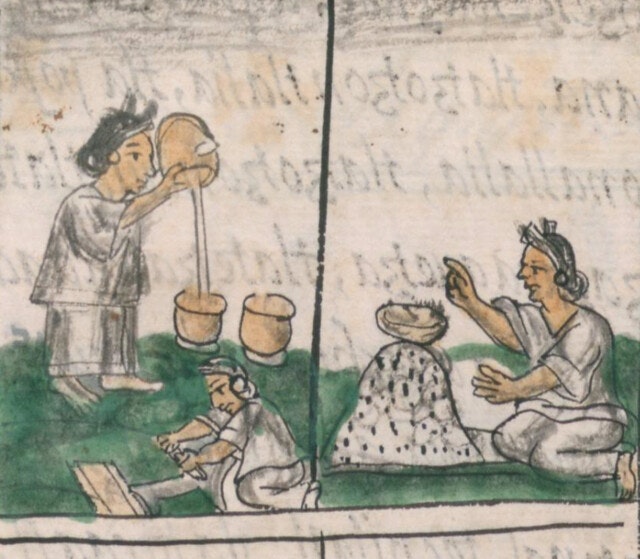
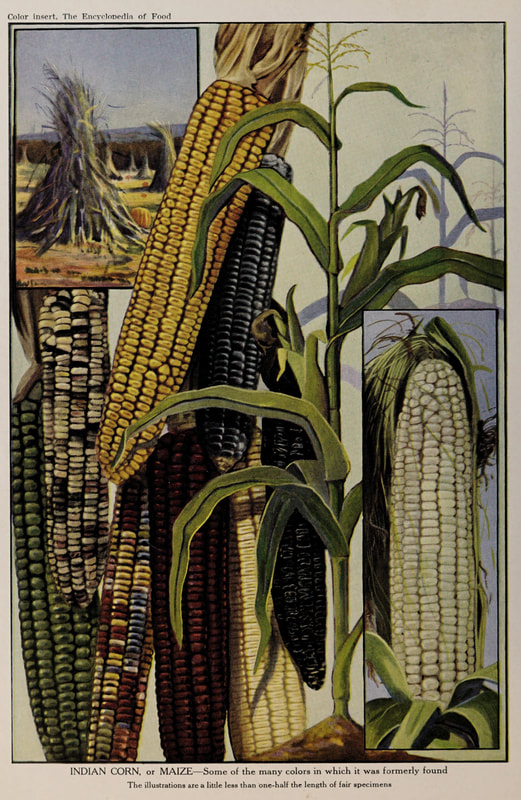
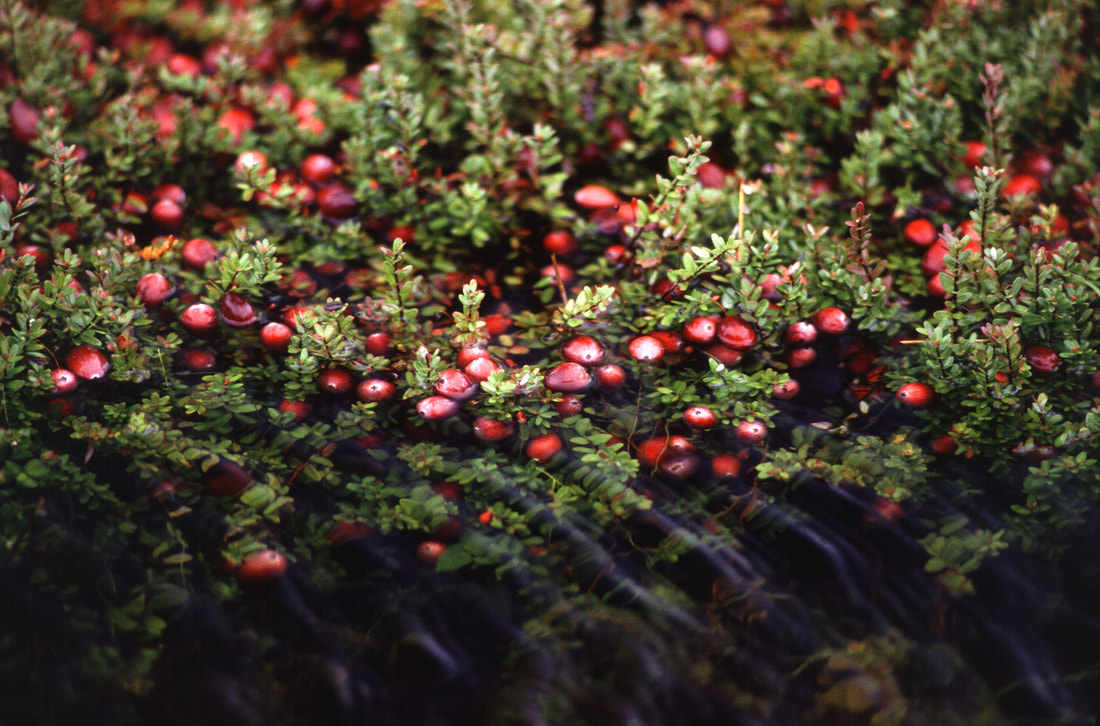
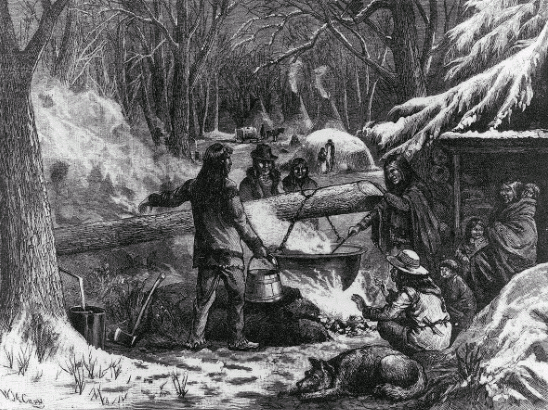
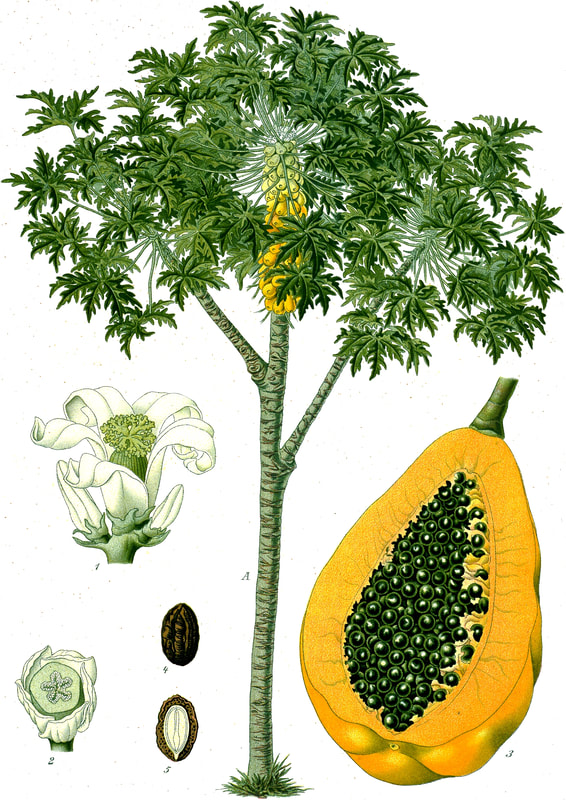
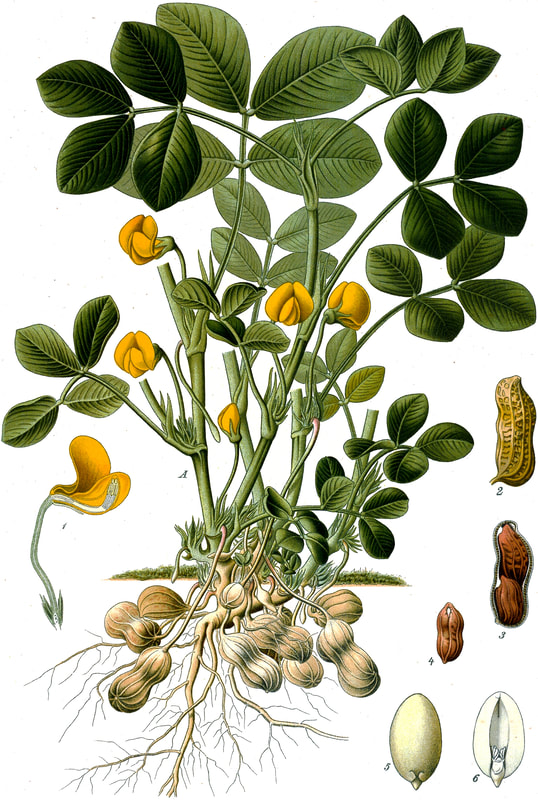
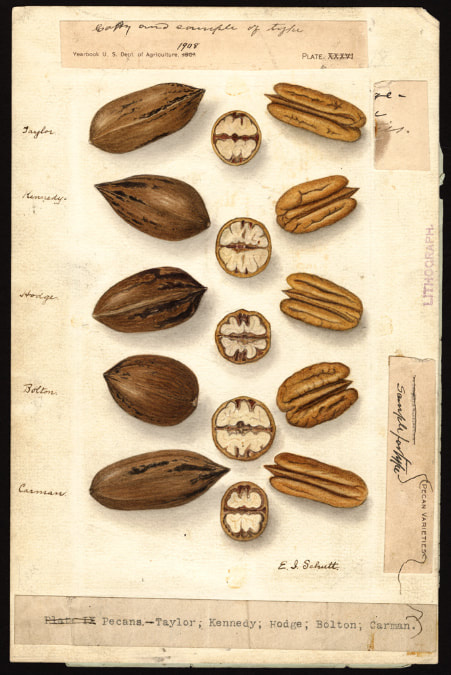
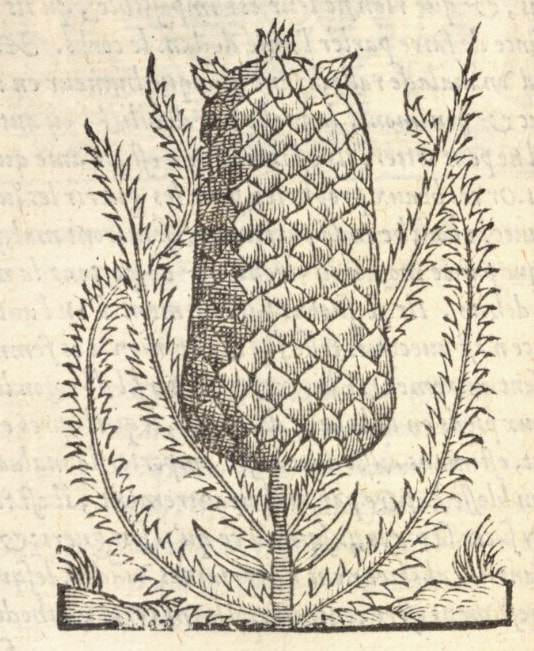
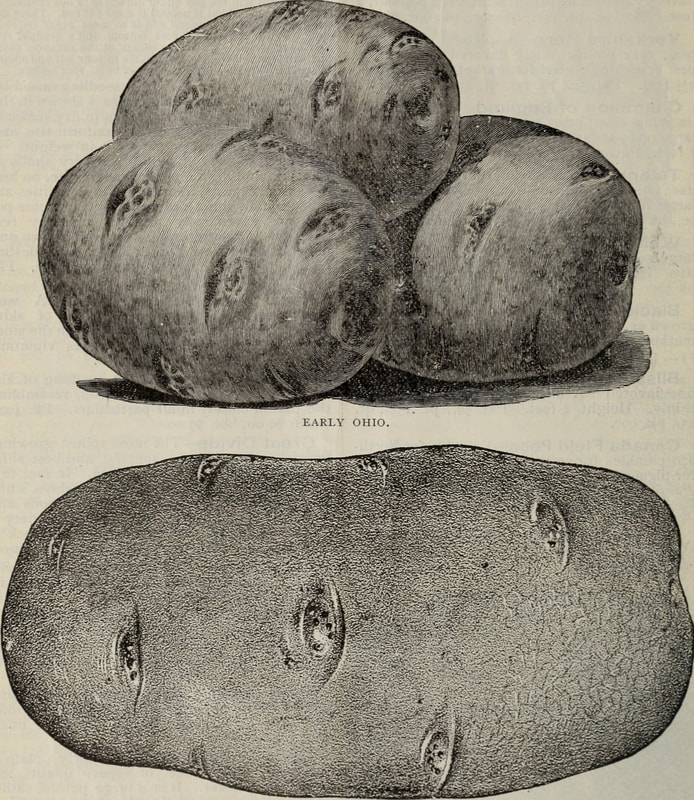
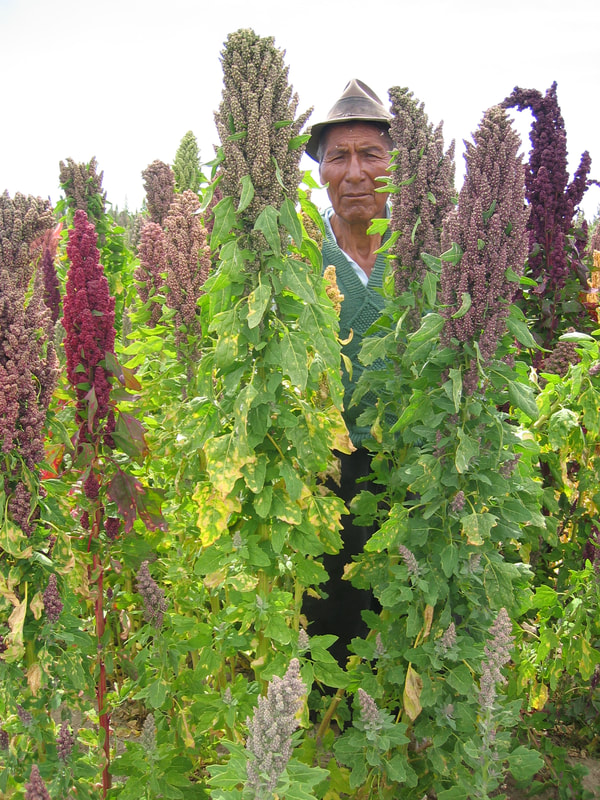
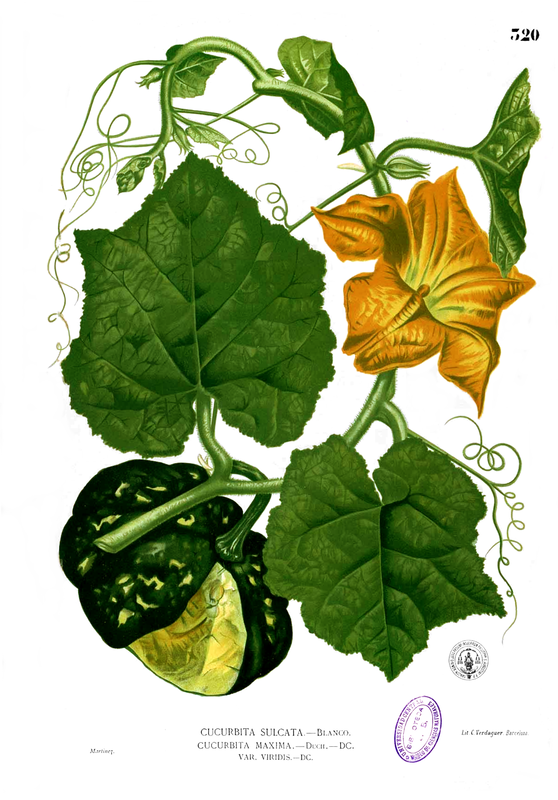
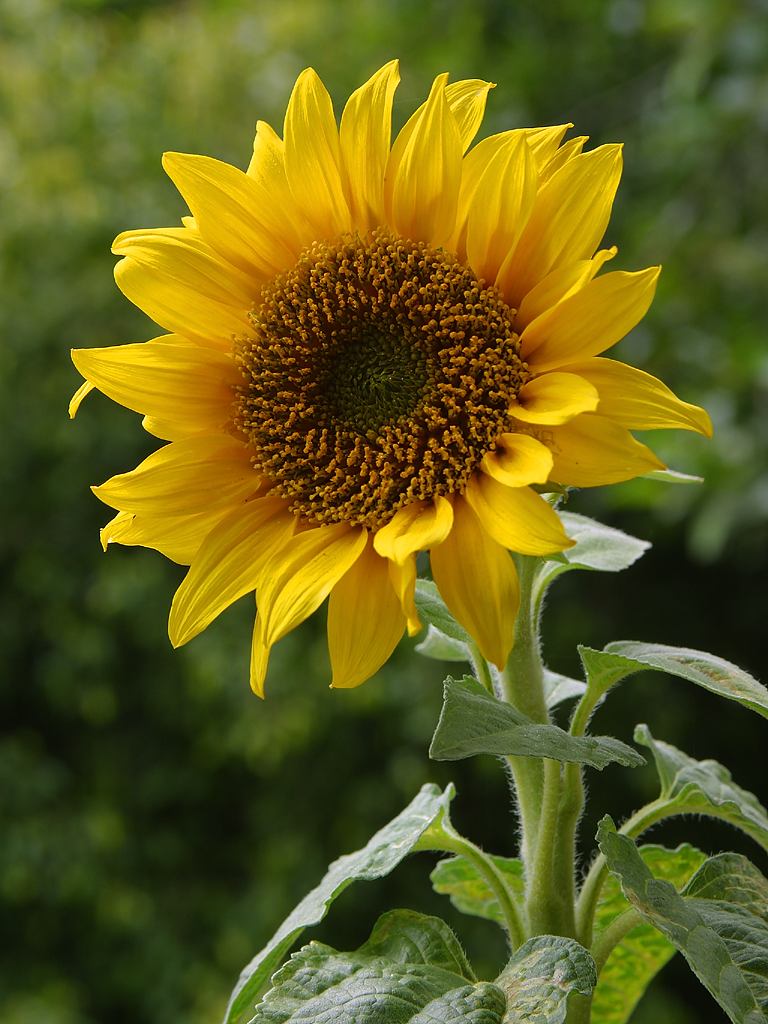
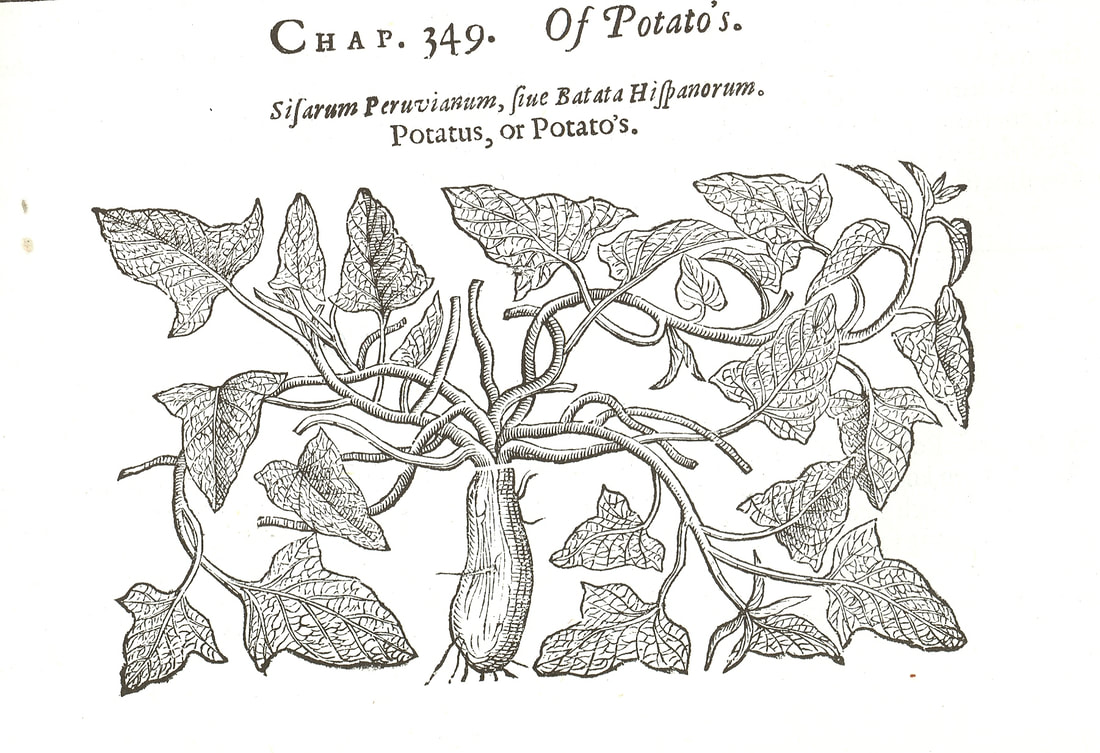
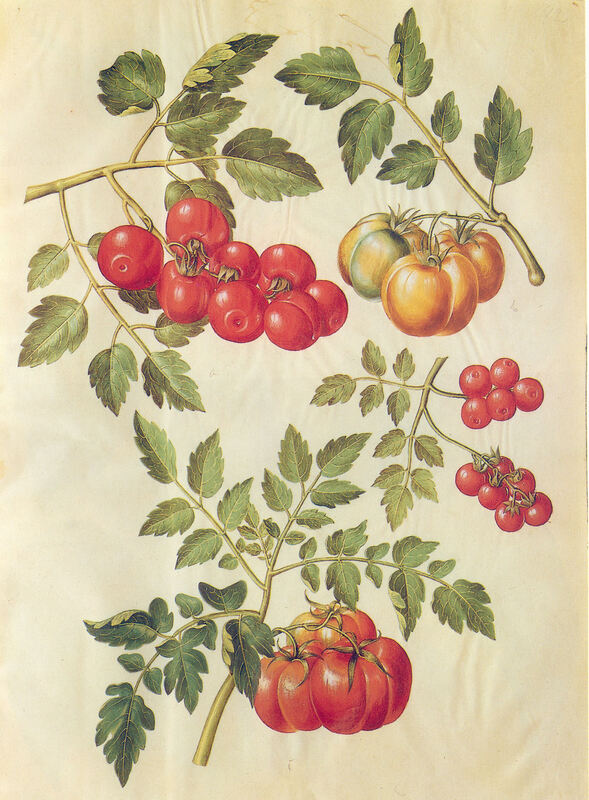
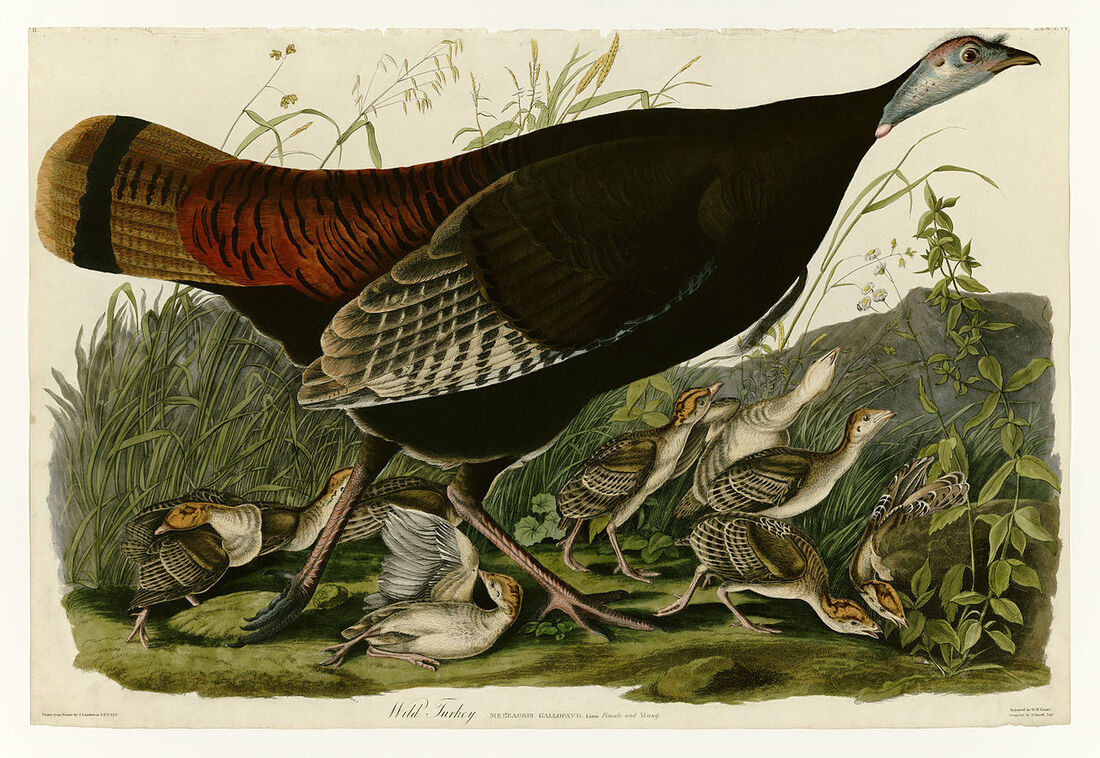
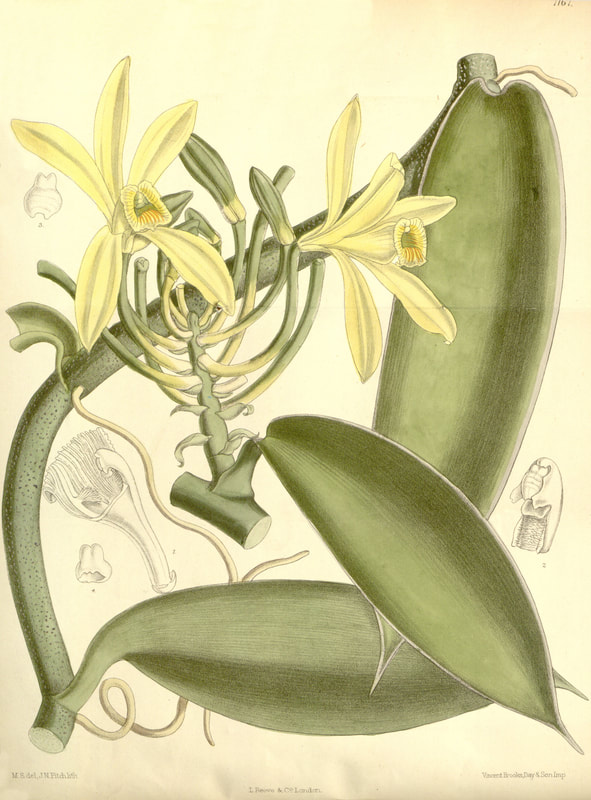
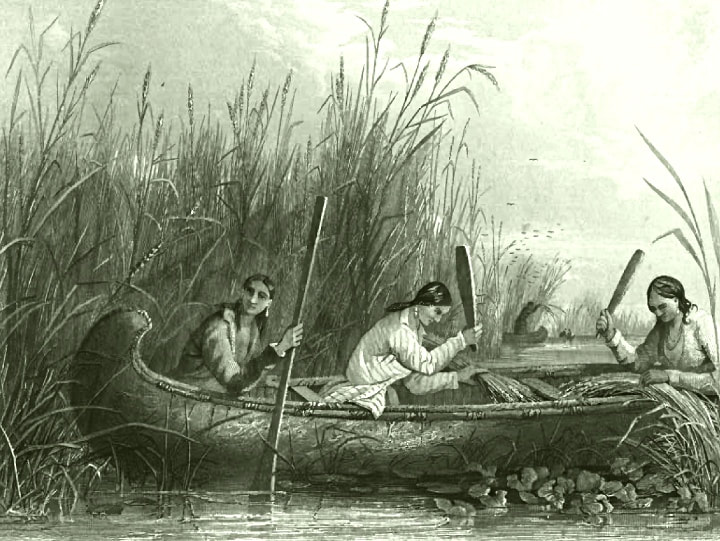
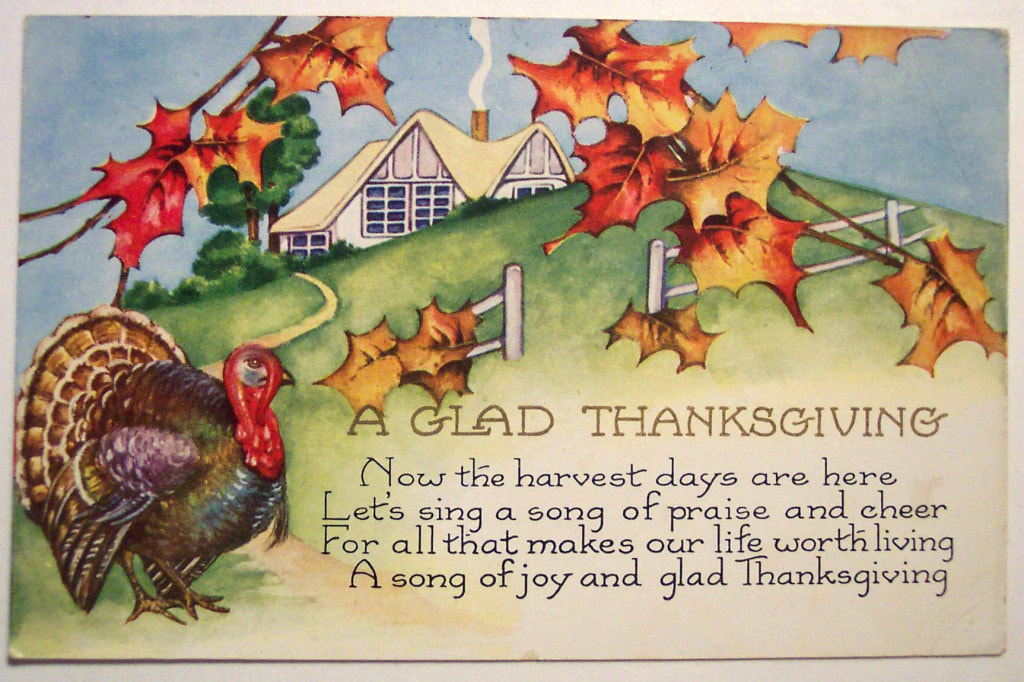
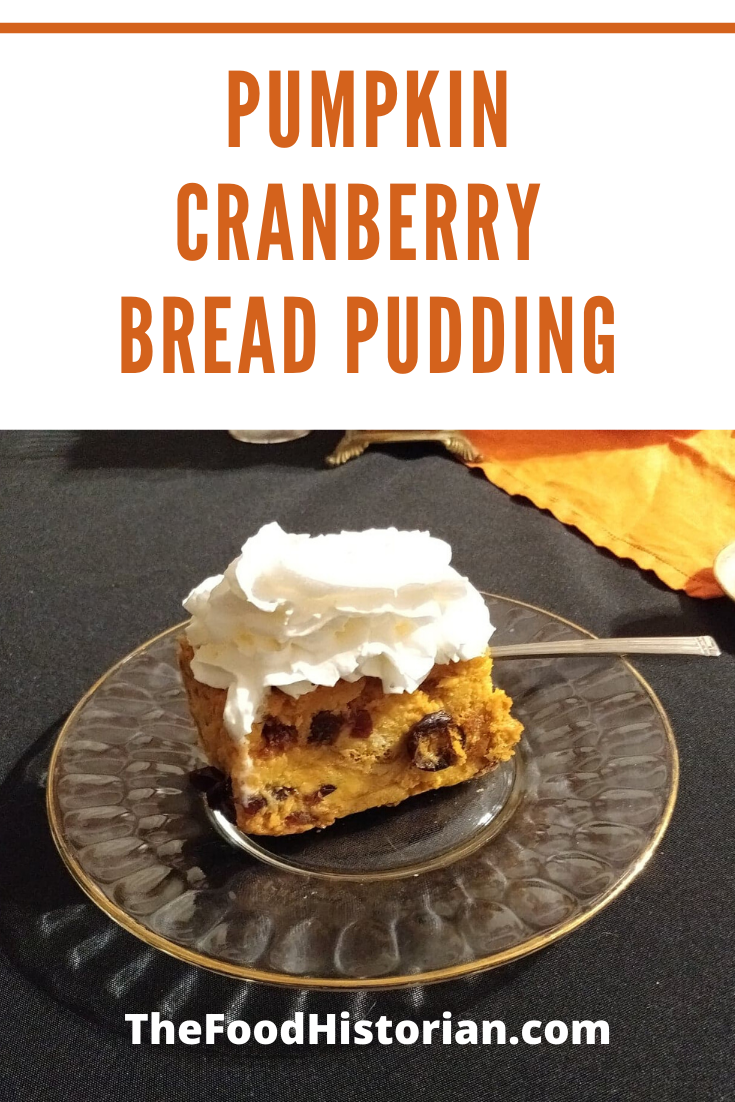
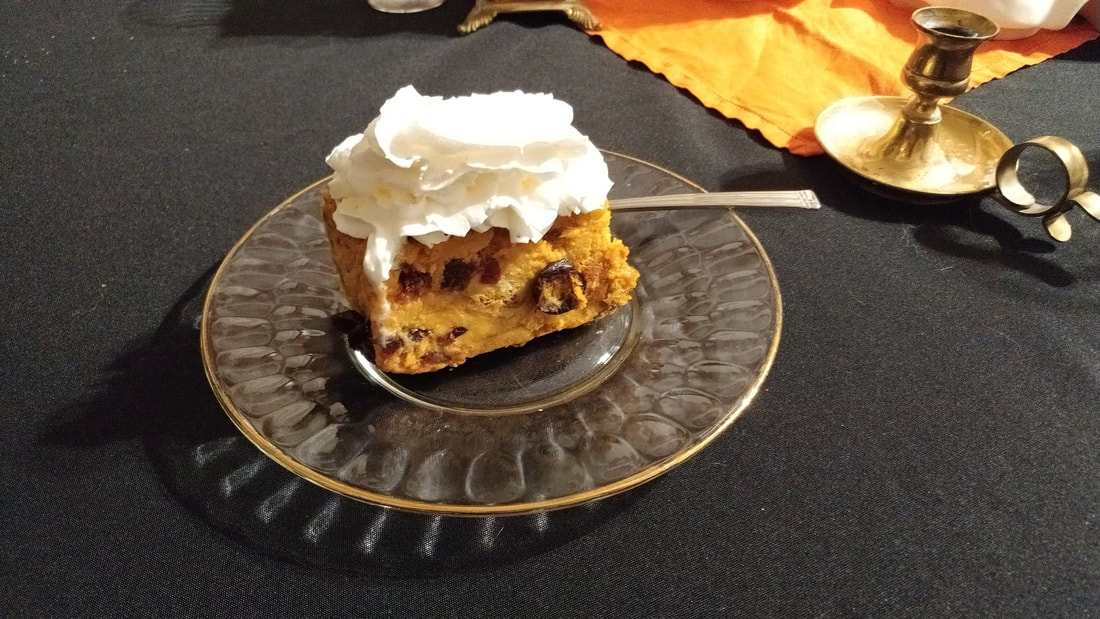
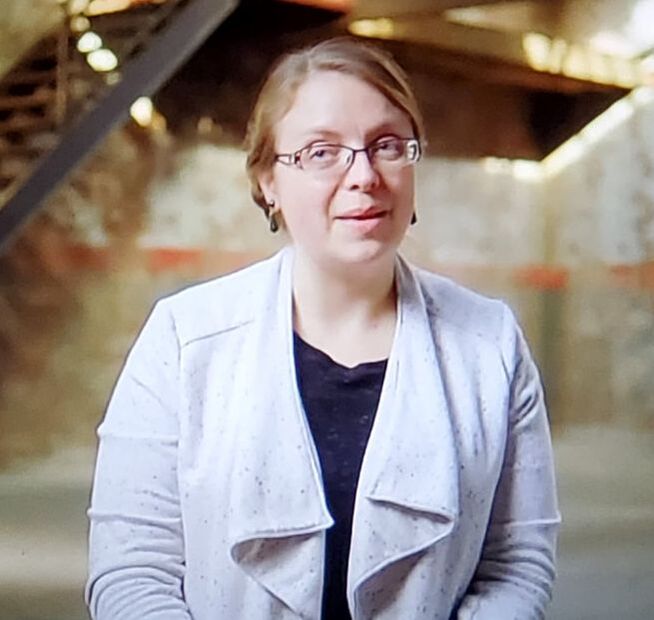
 RSS Feed
RSS Feed